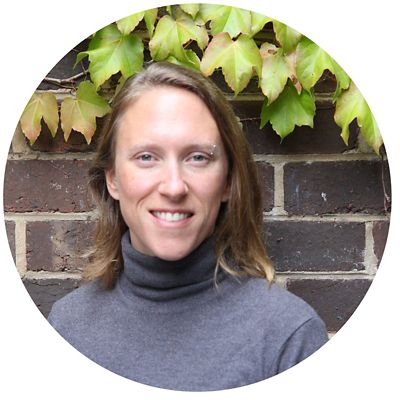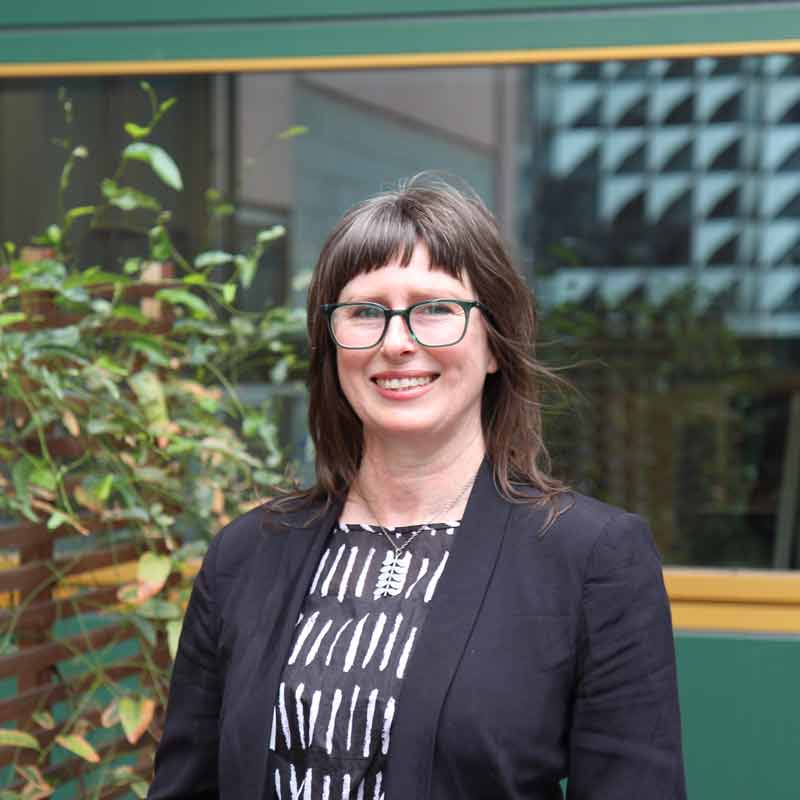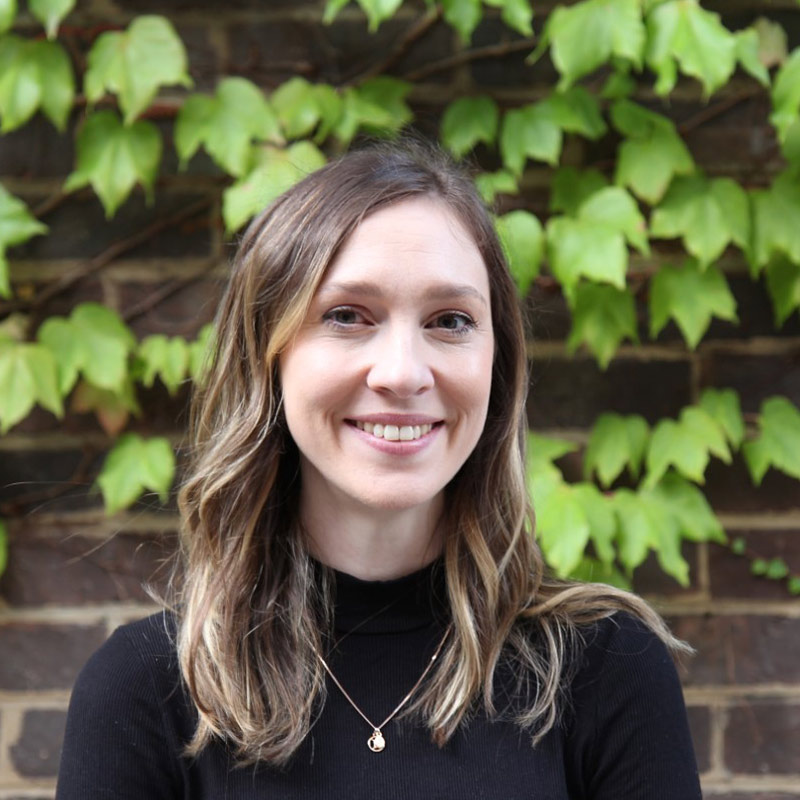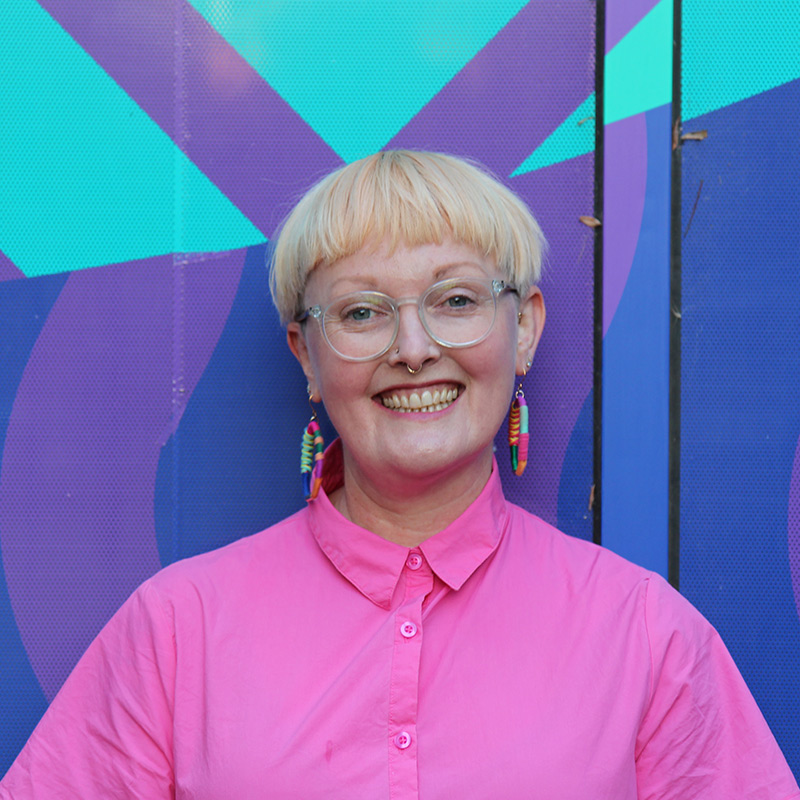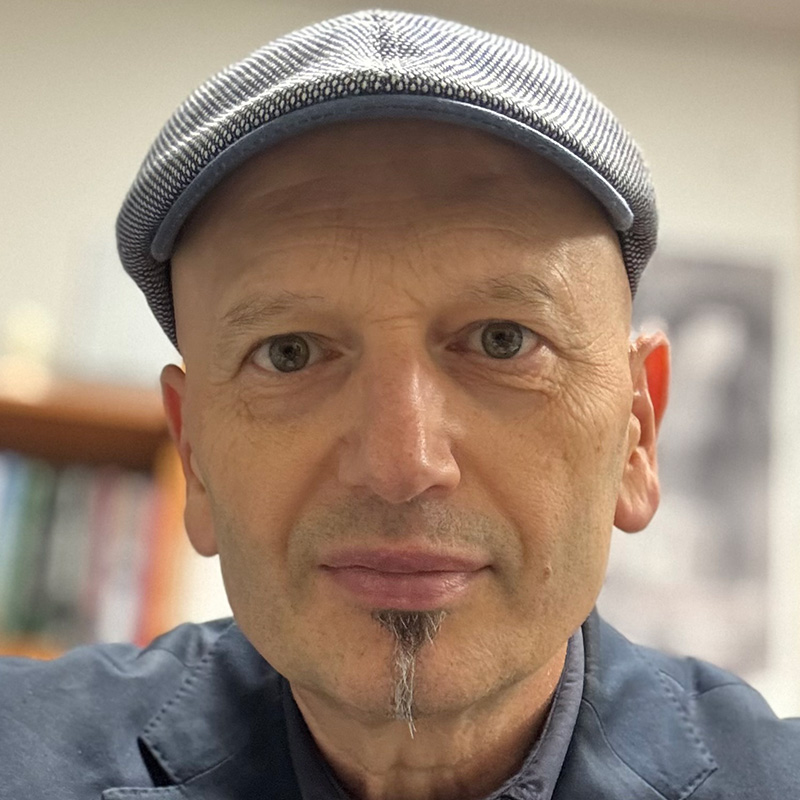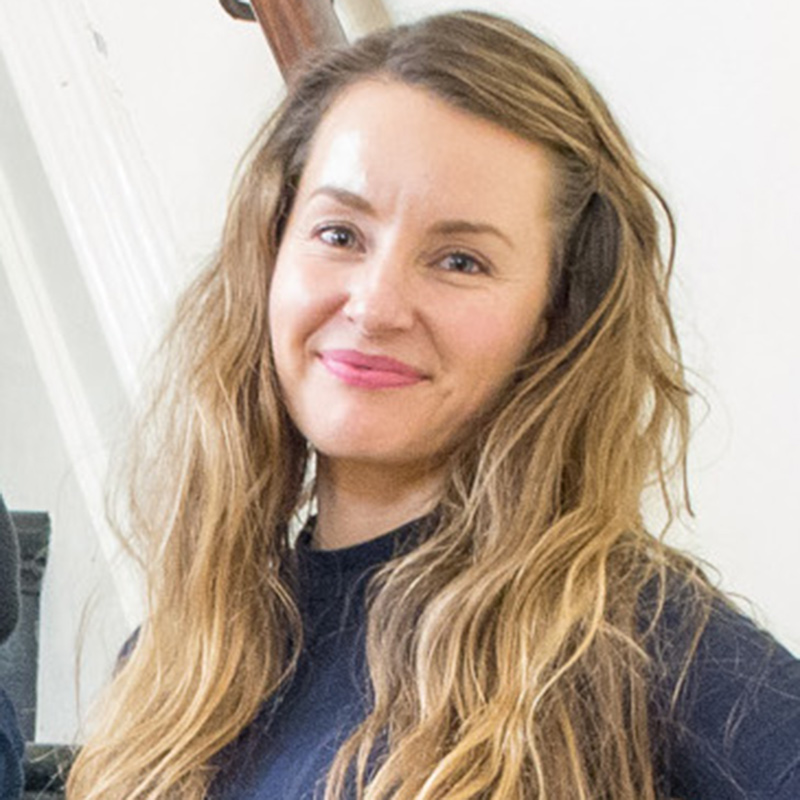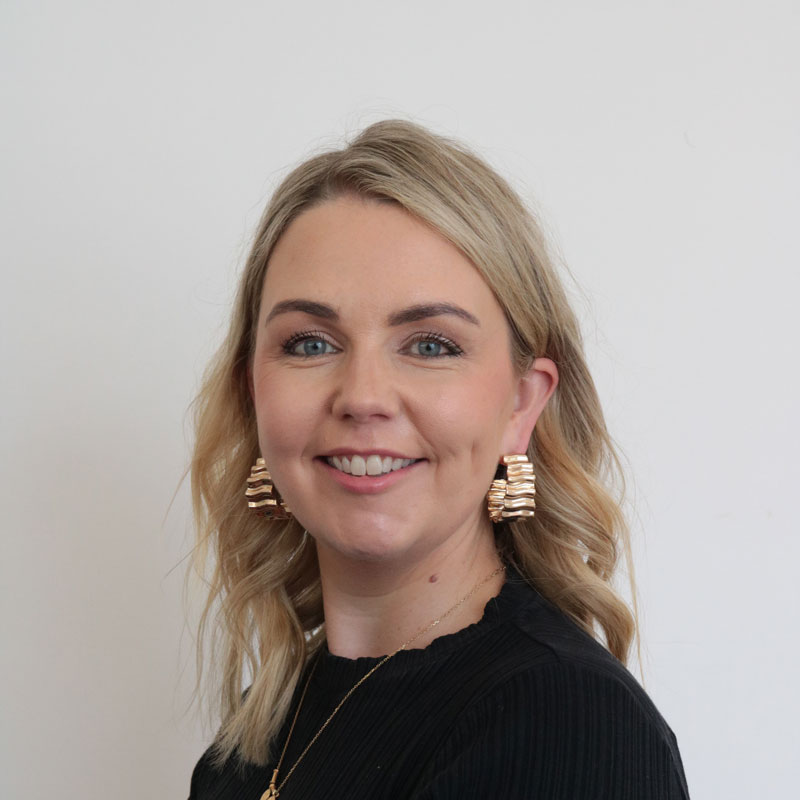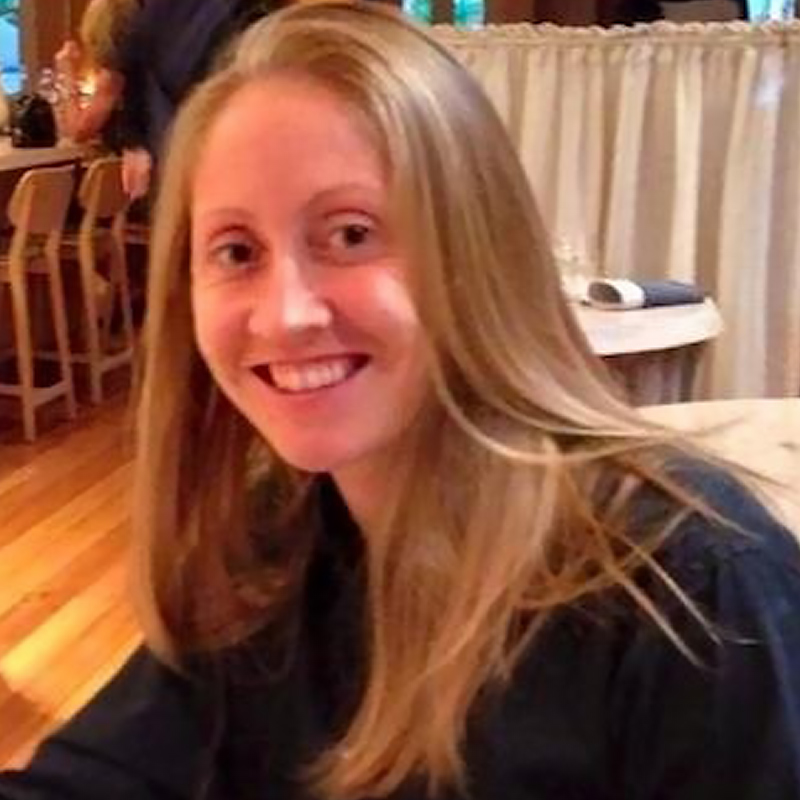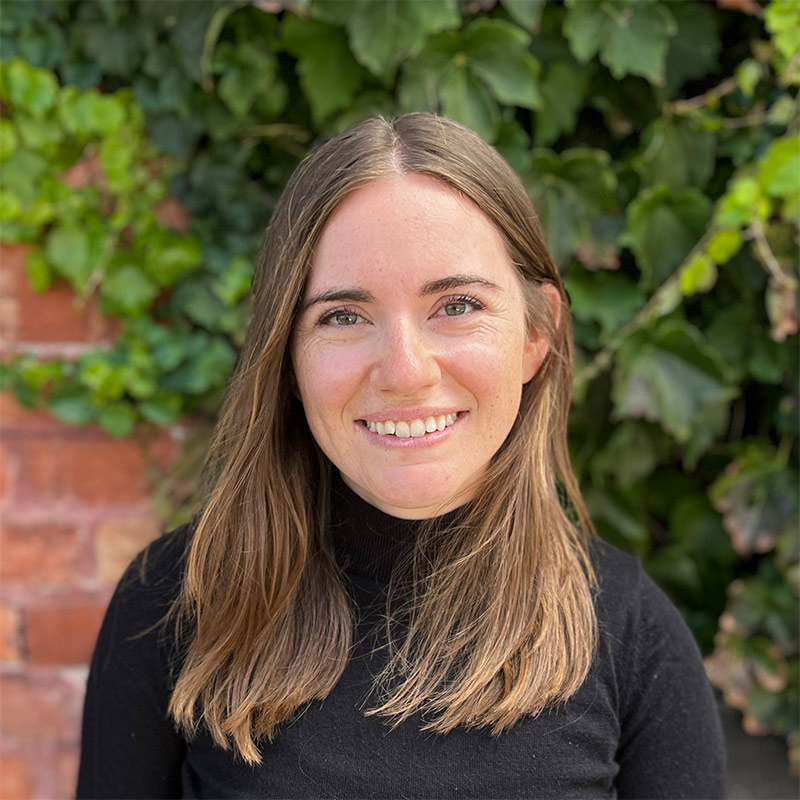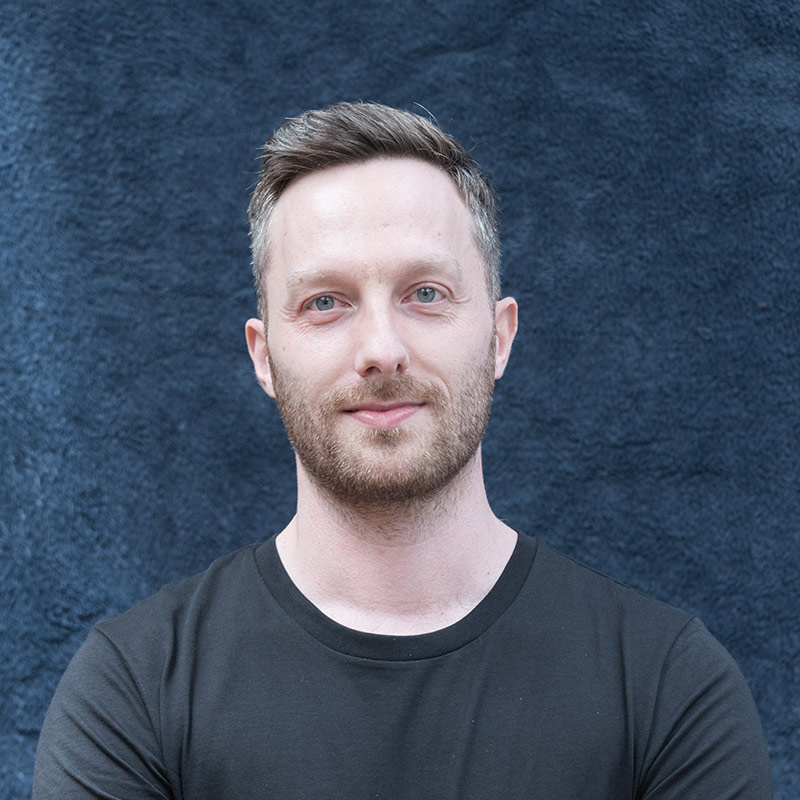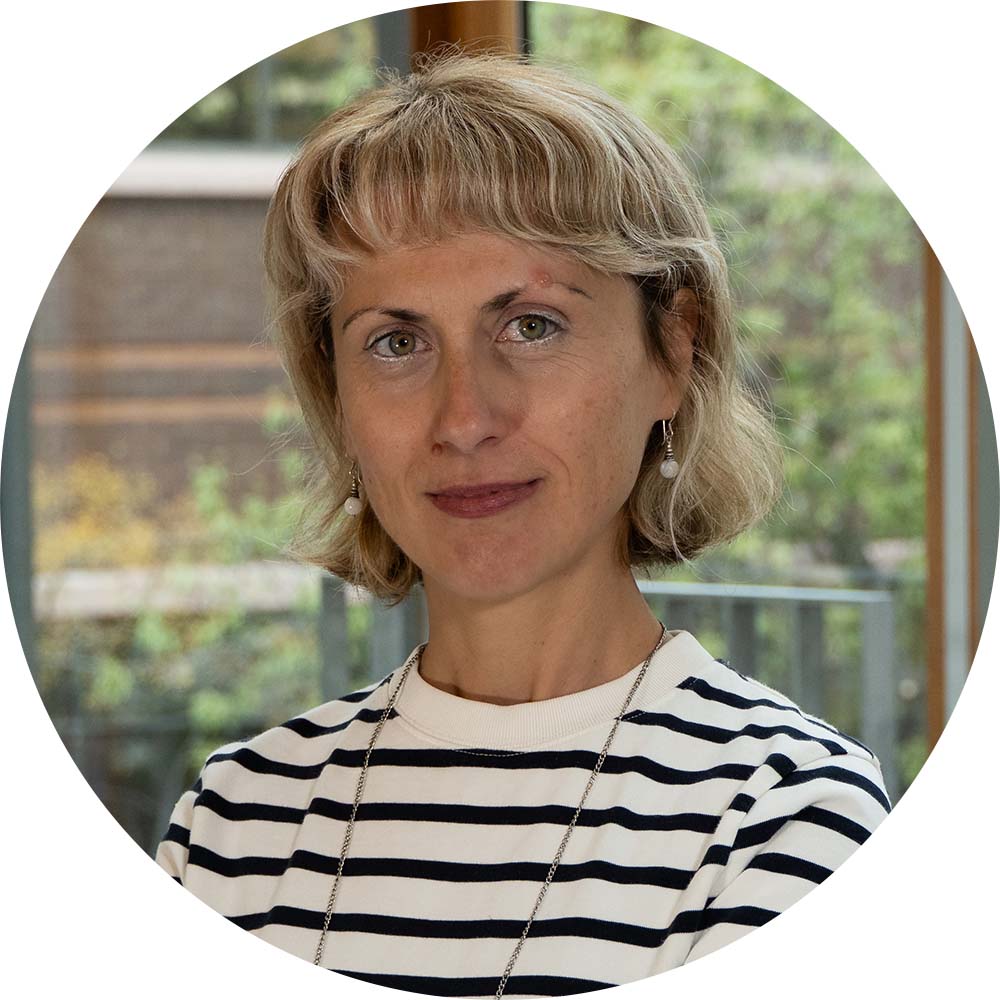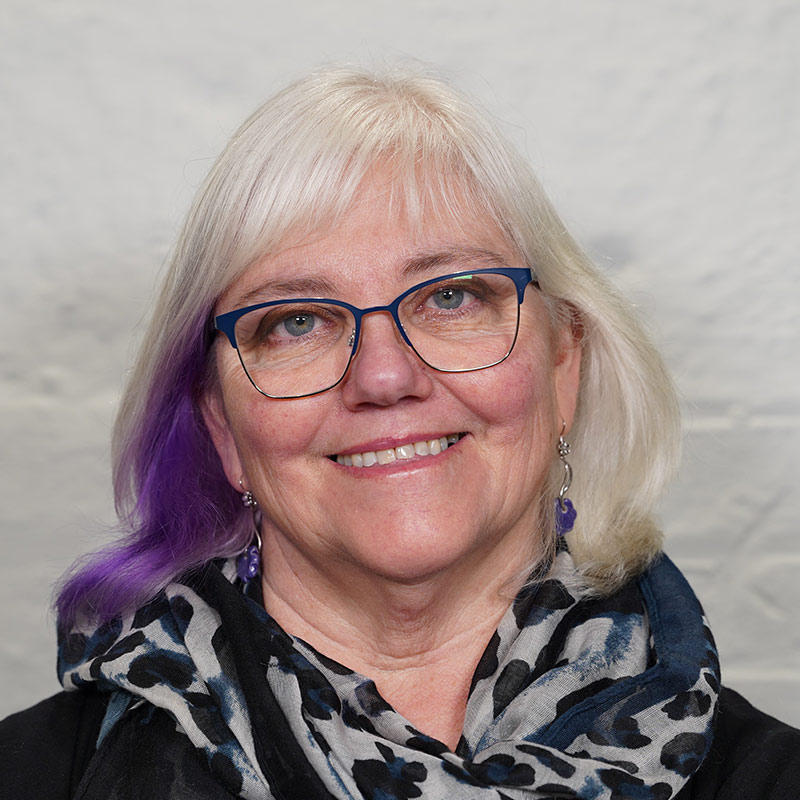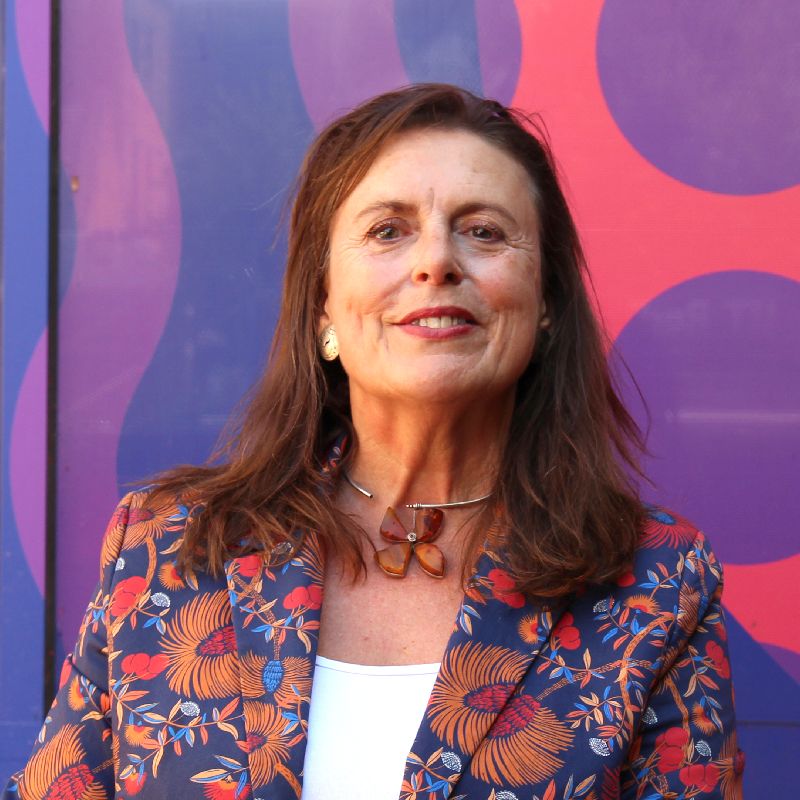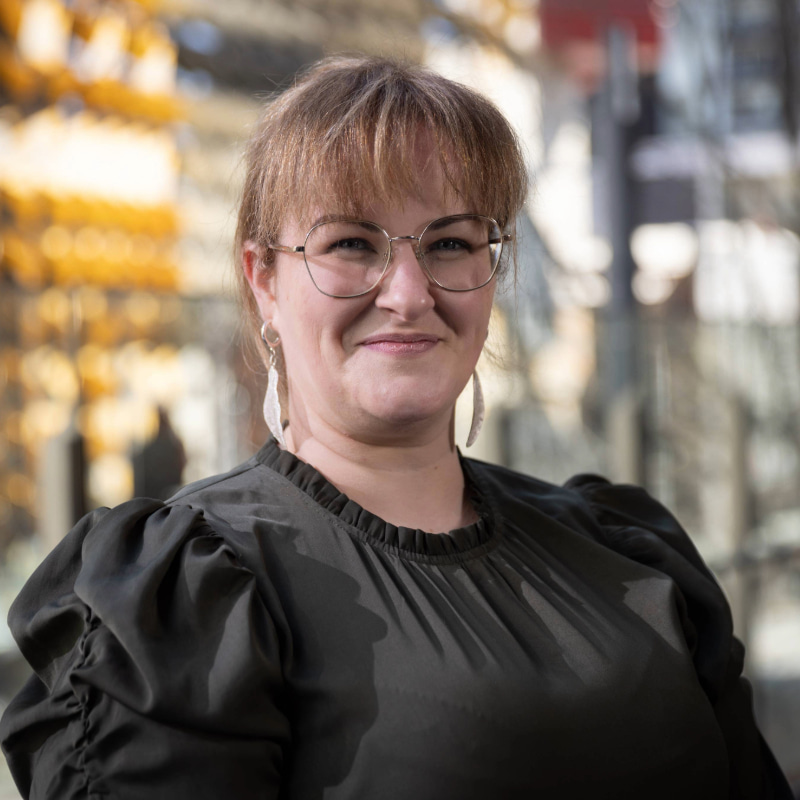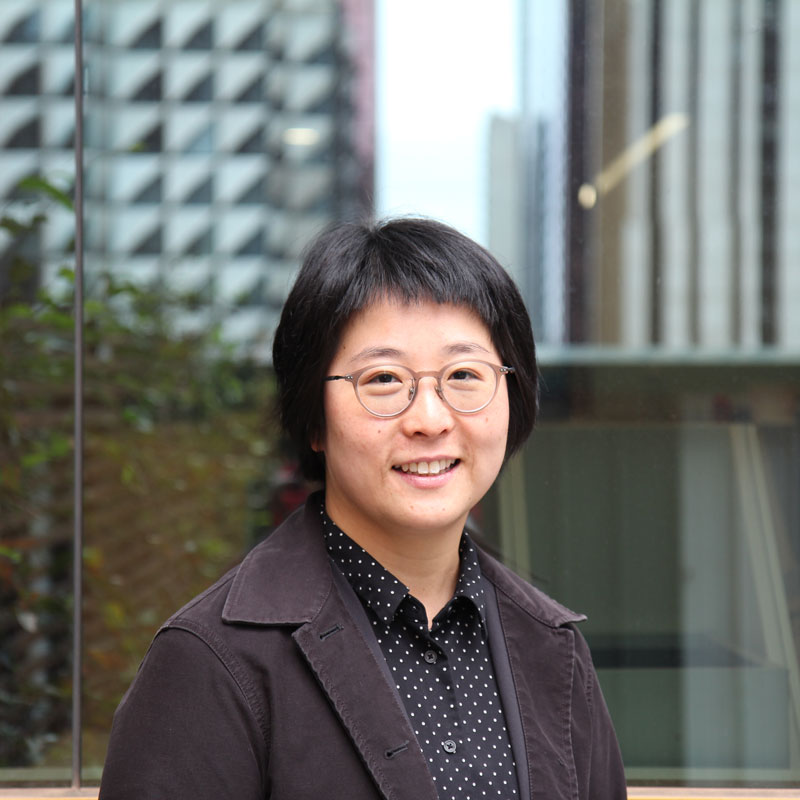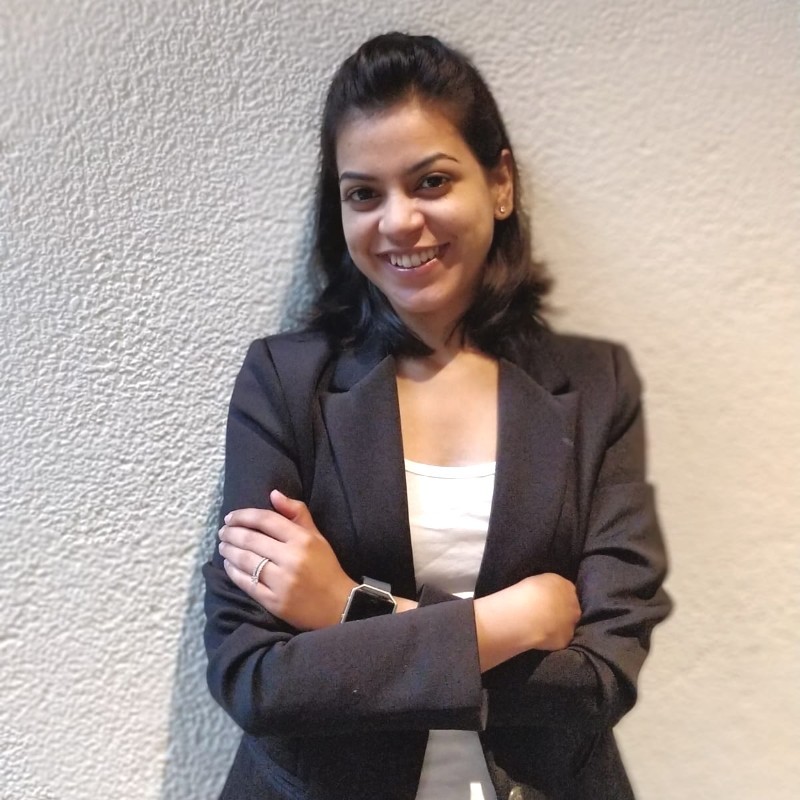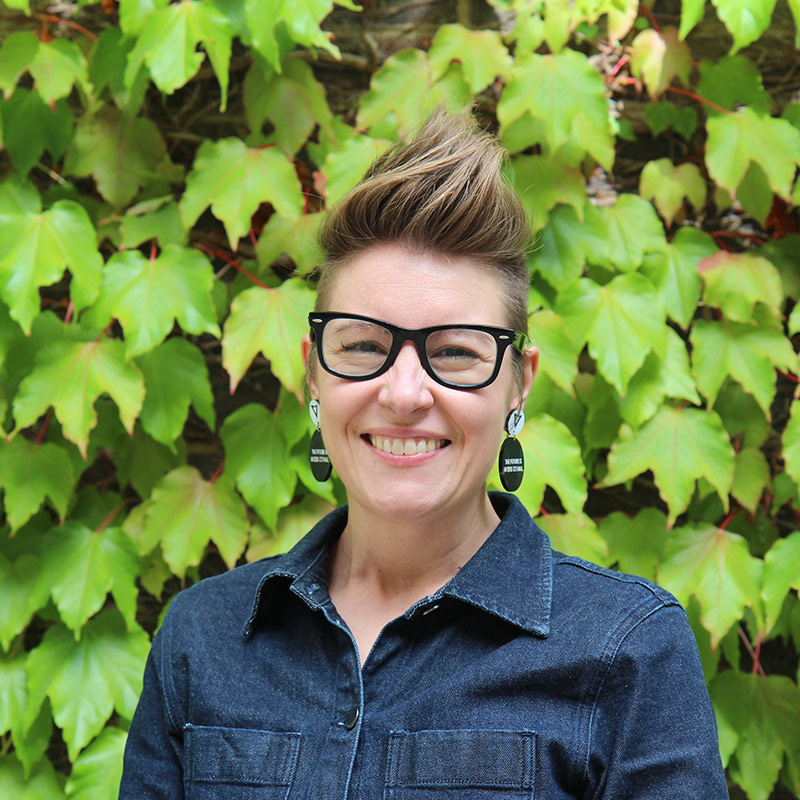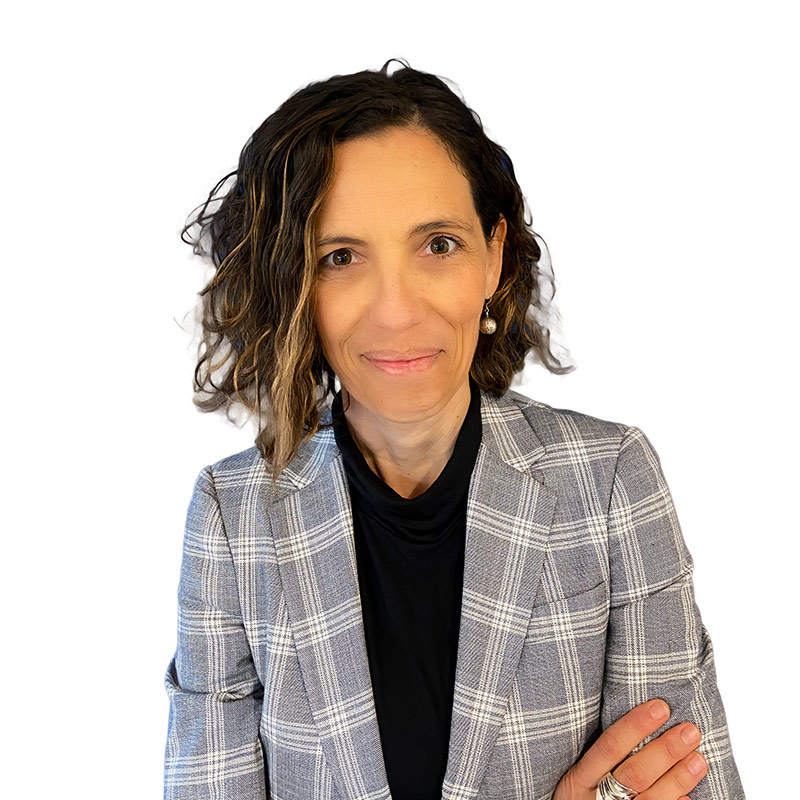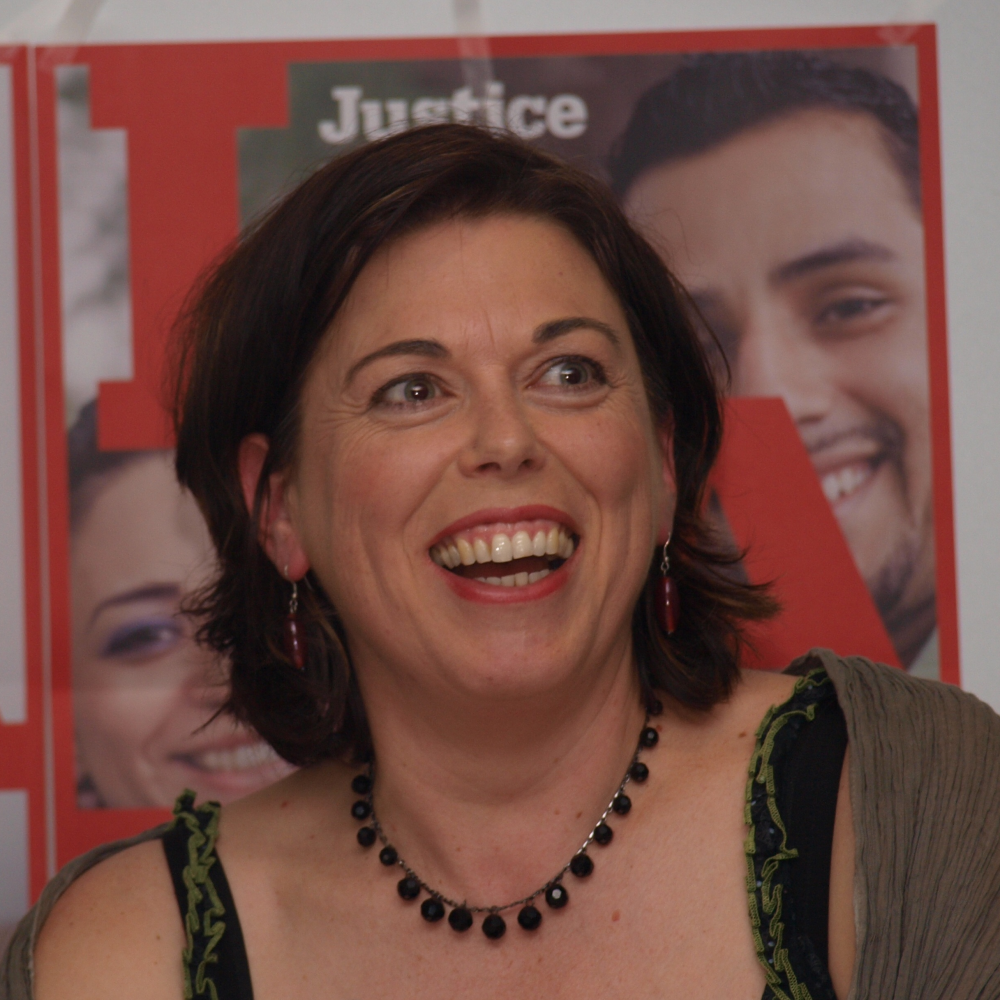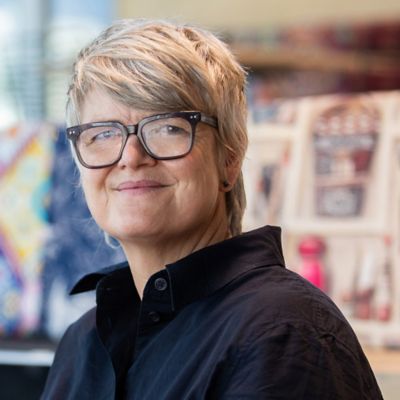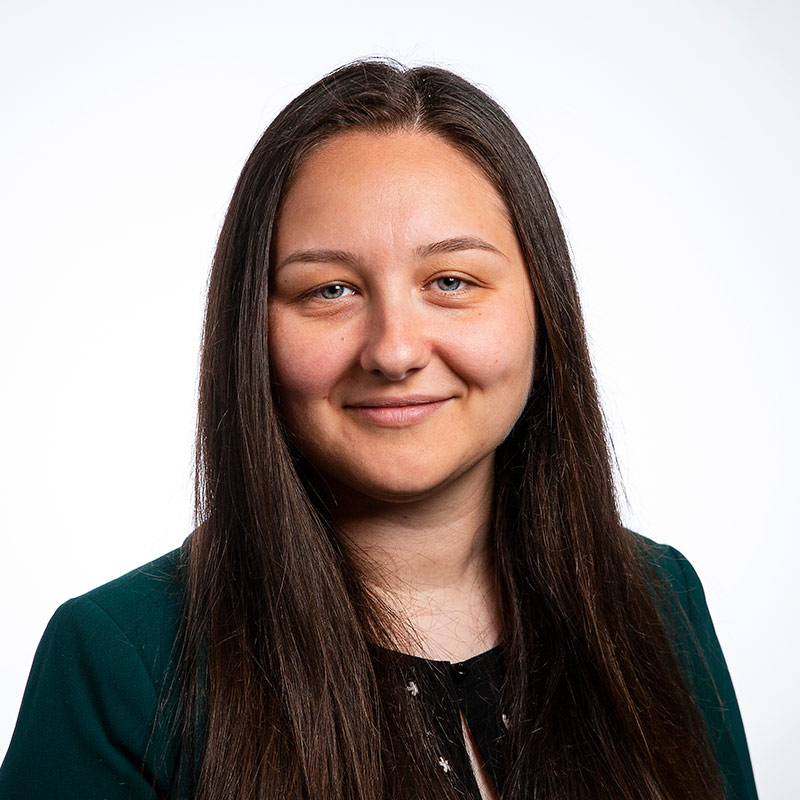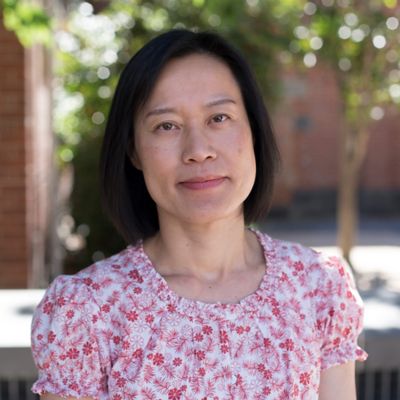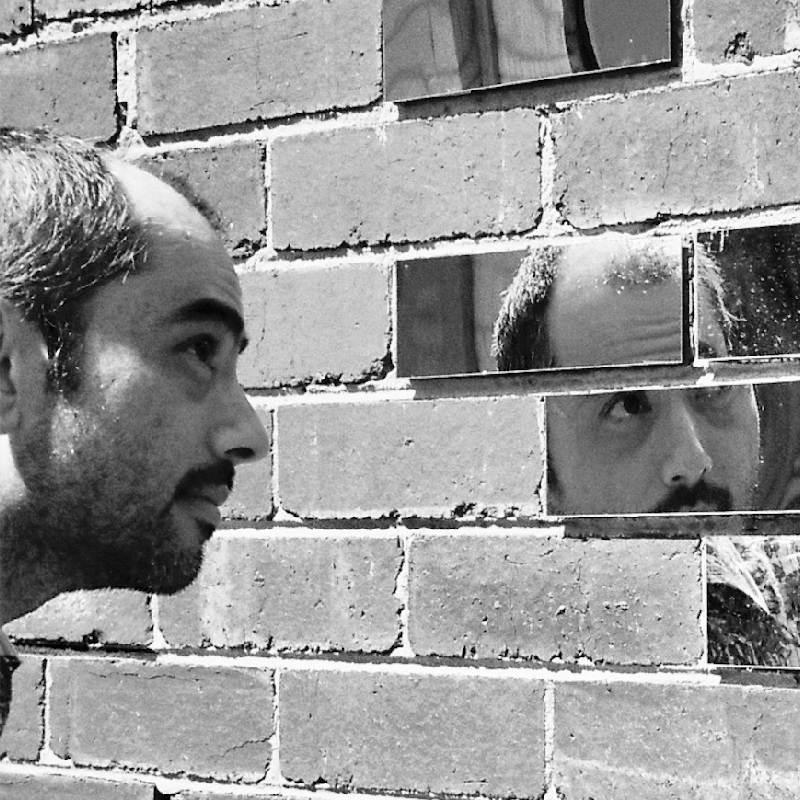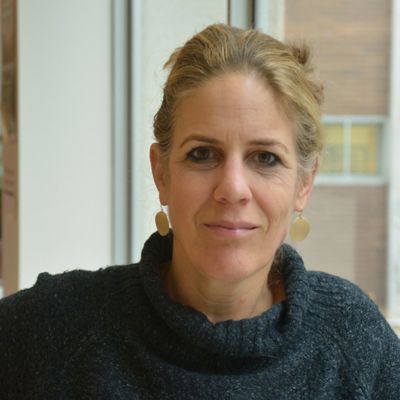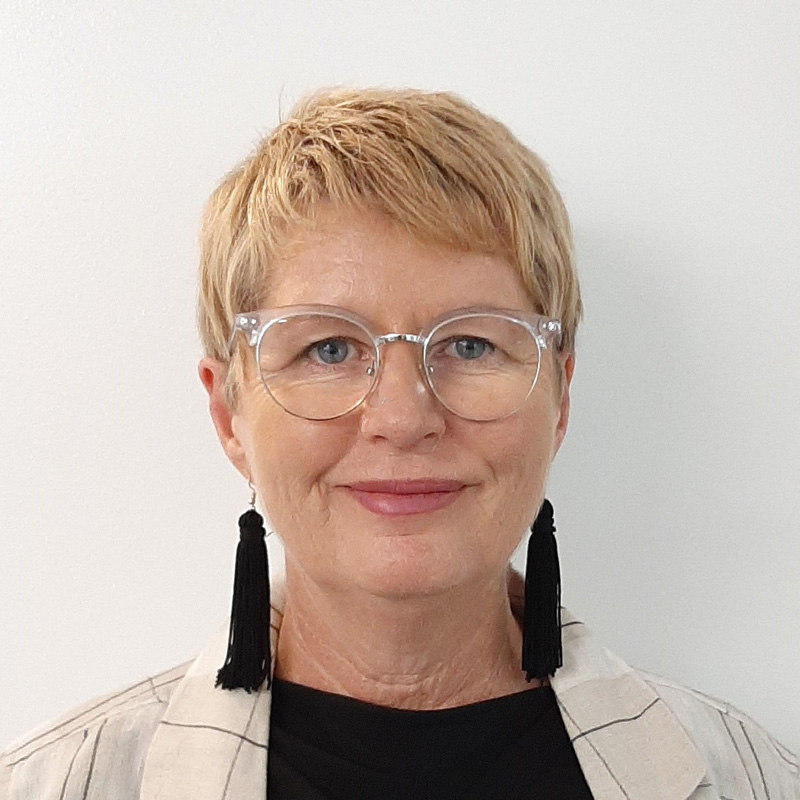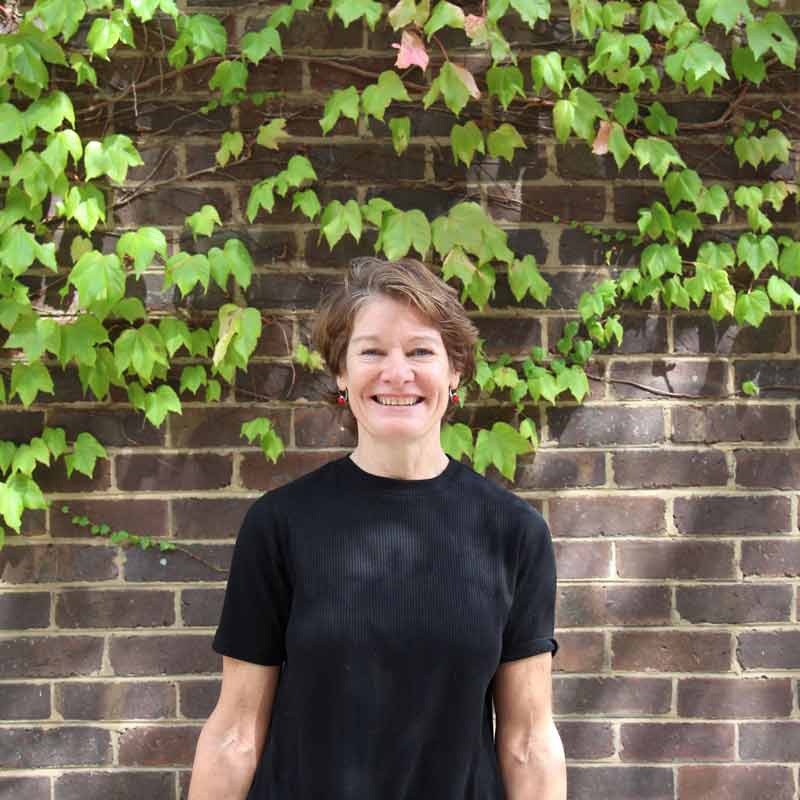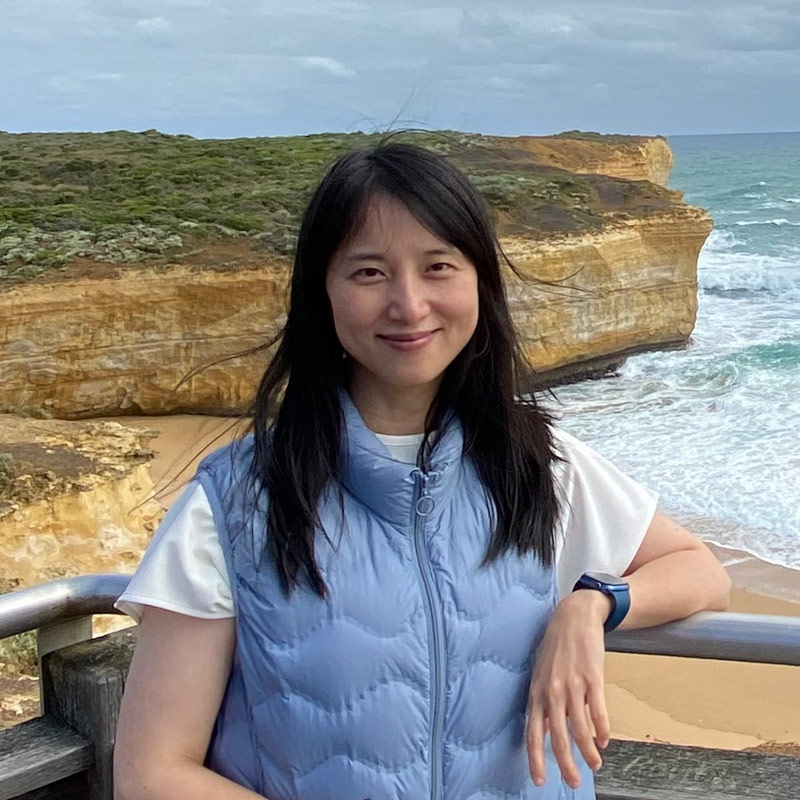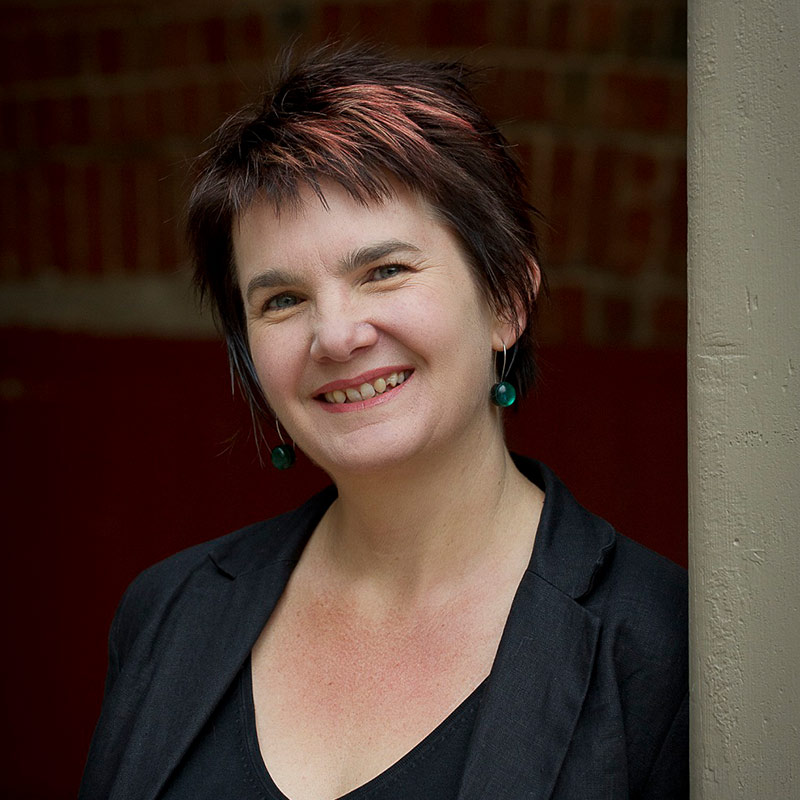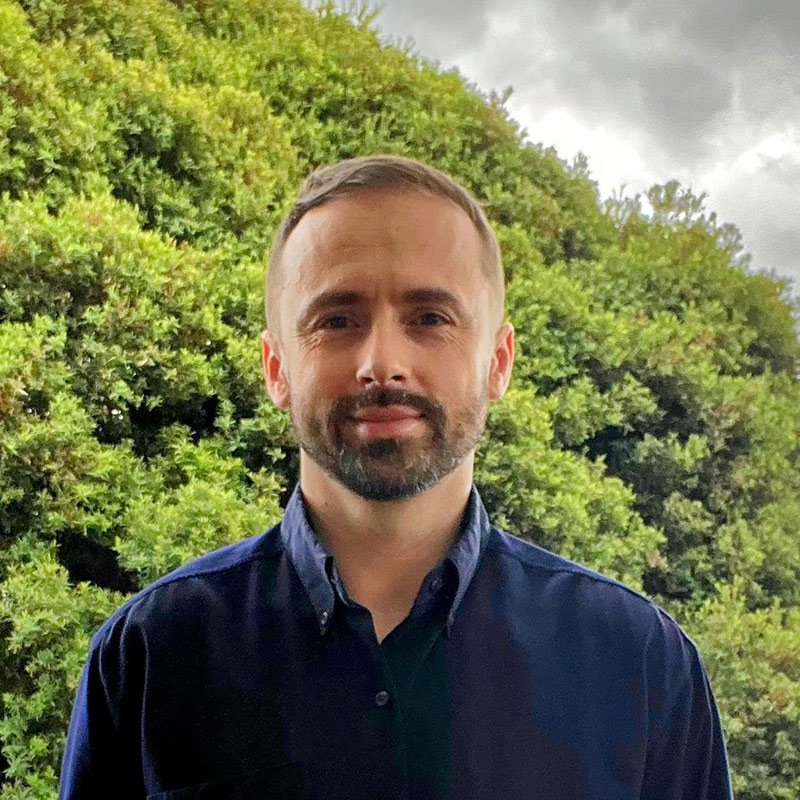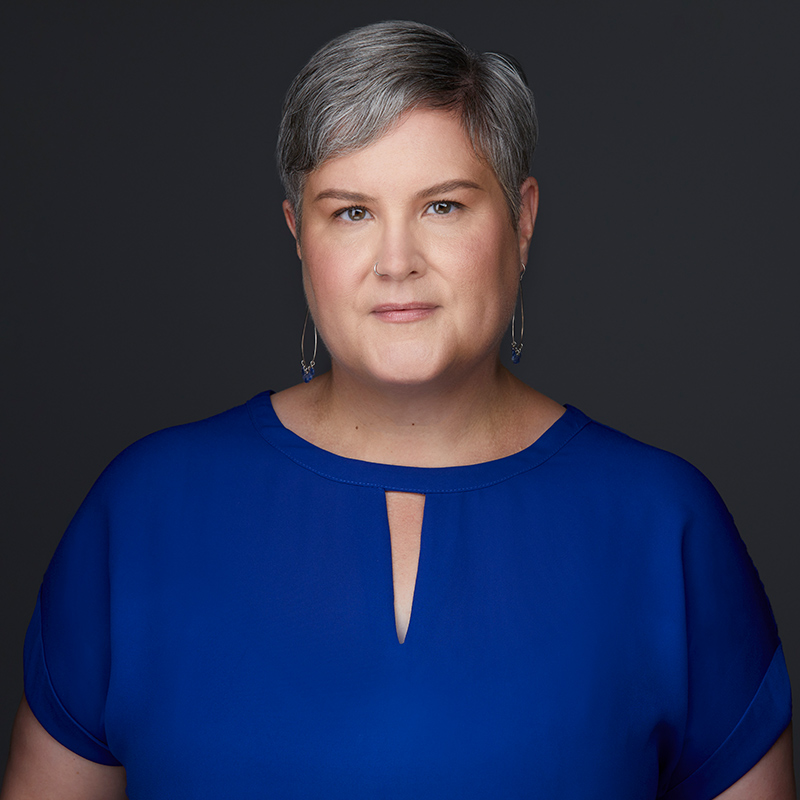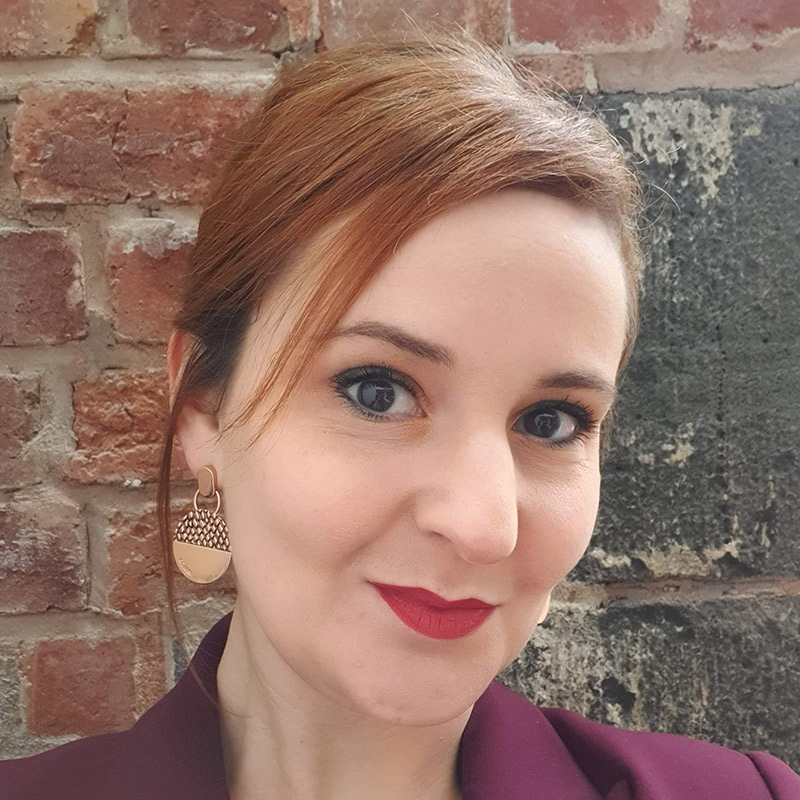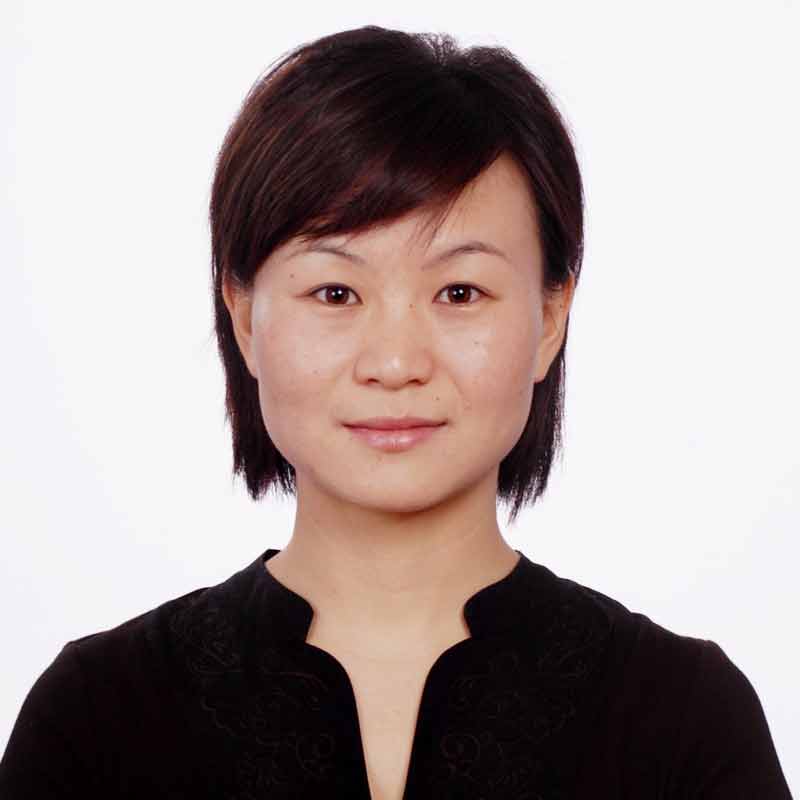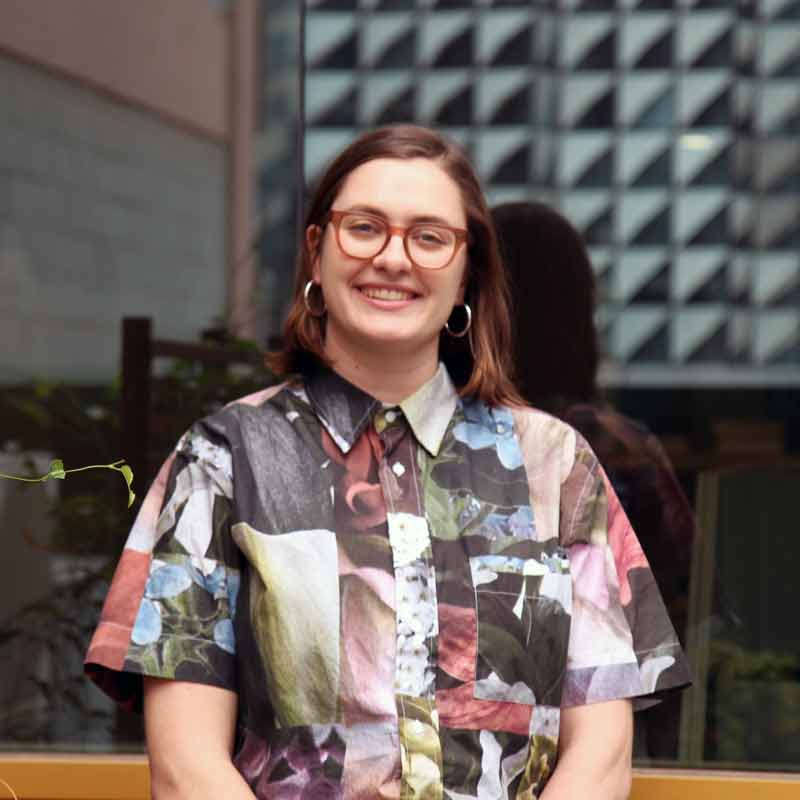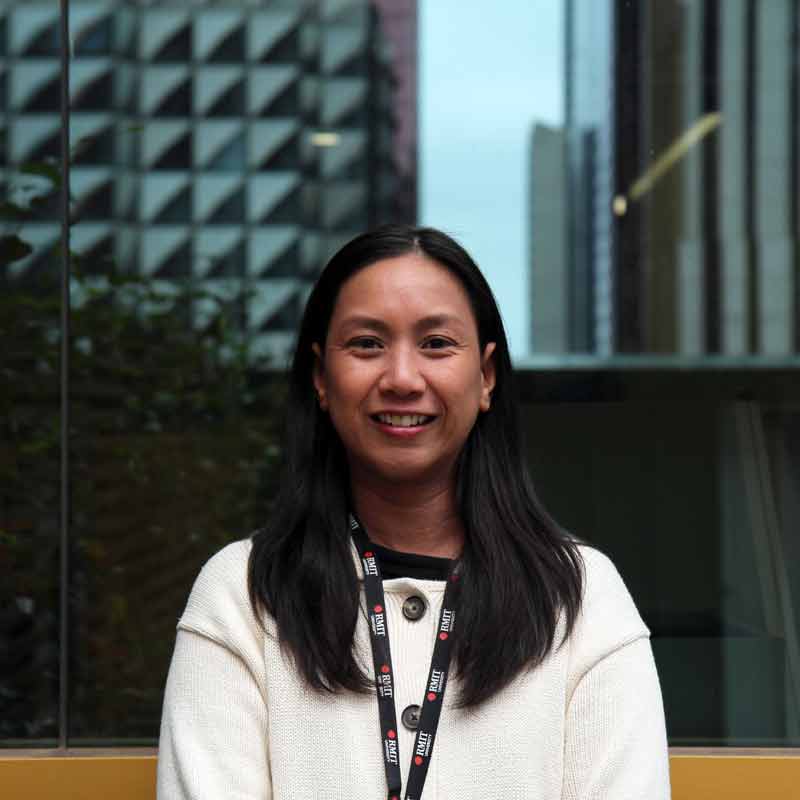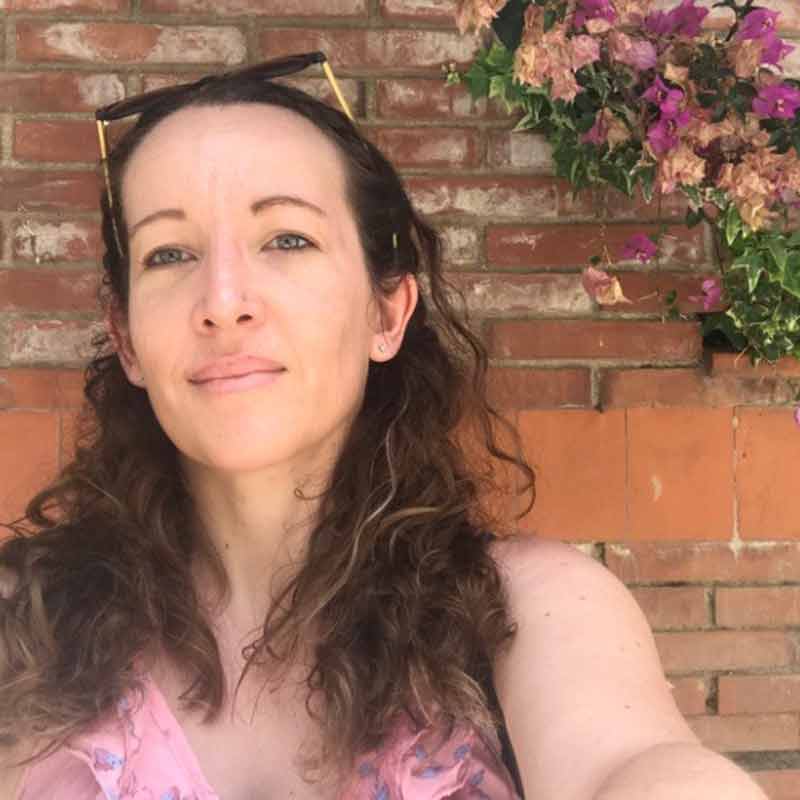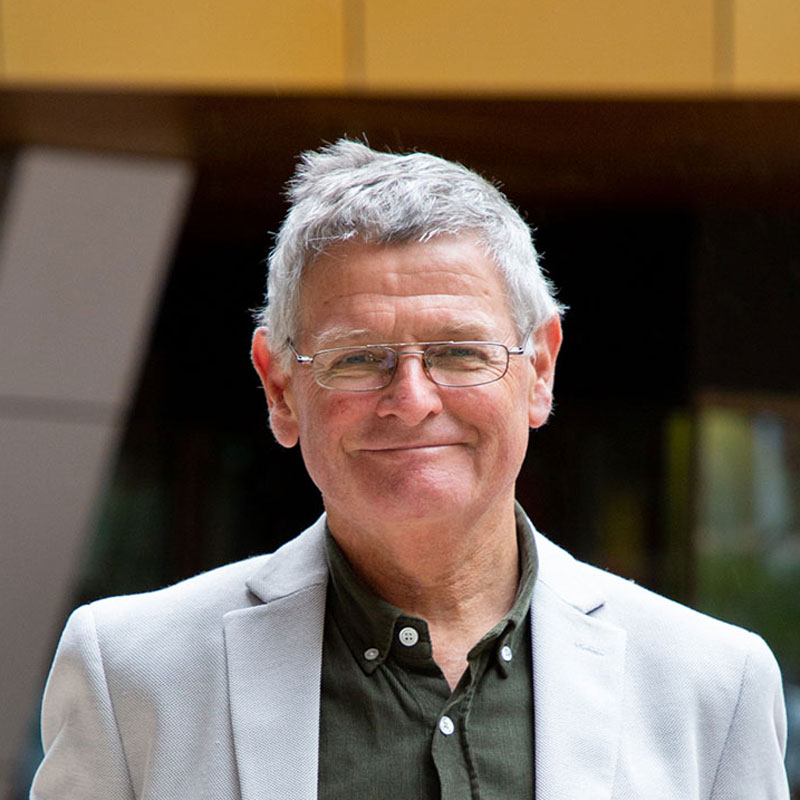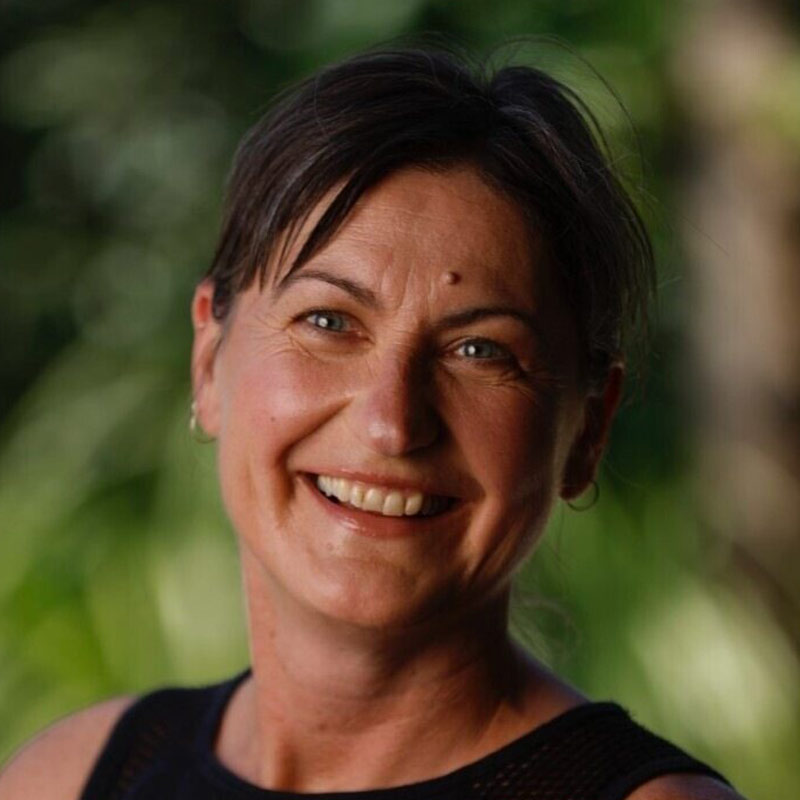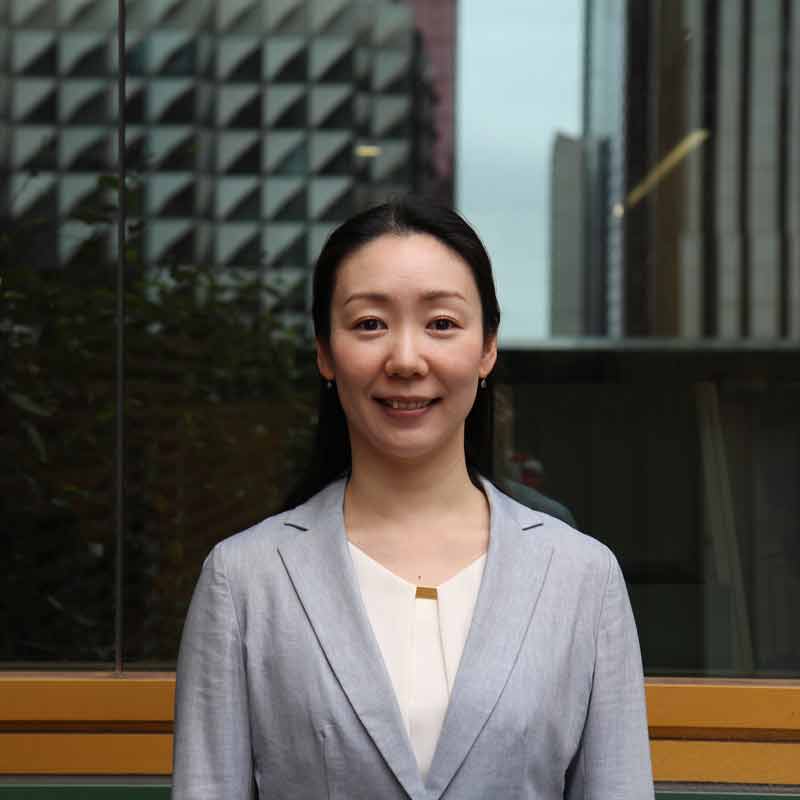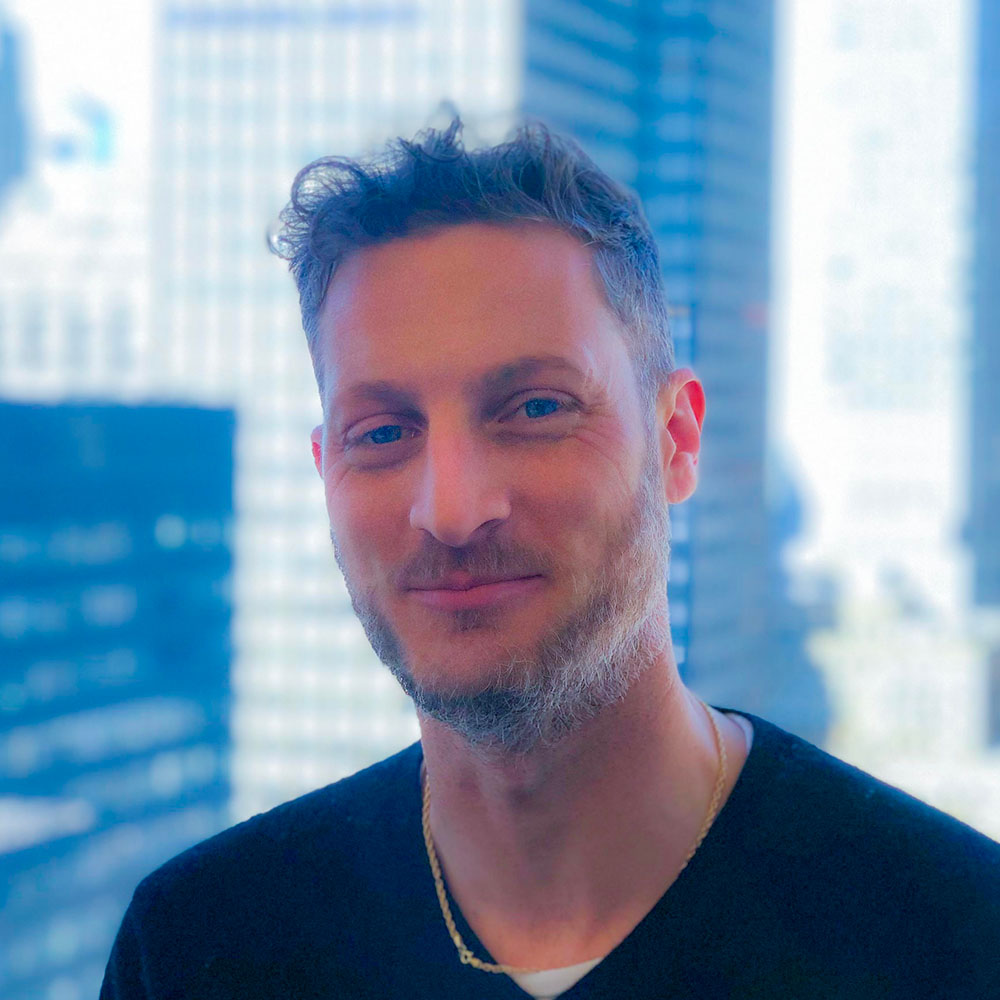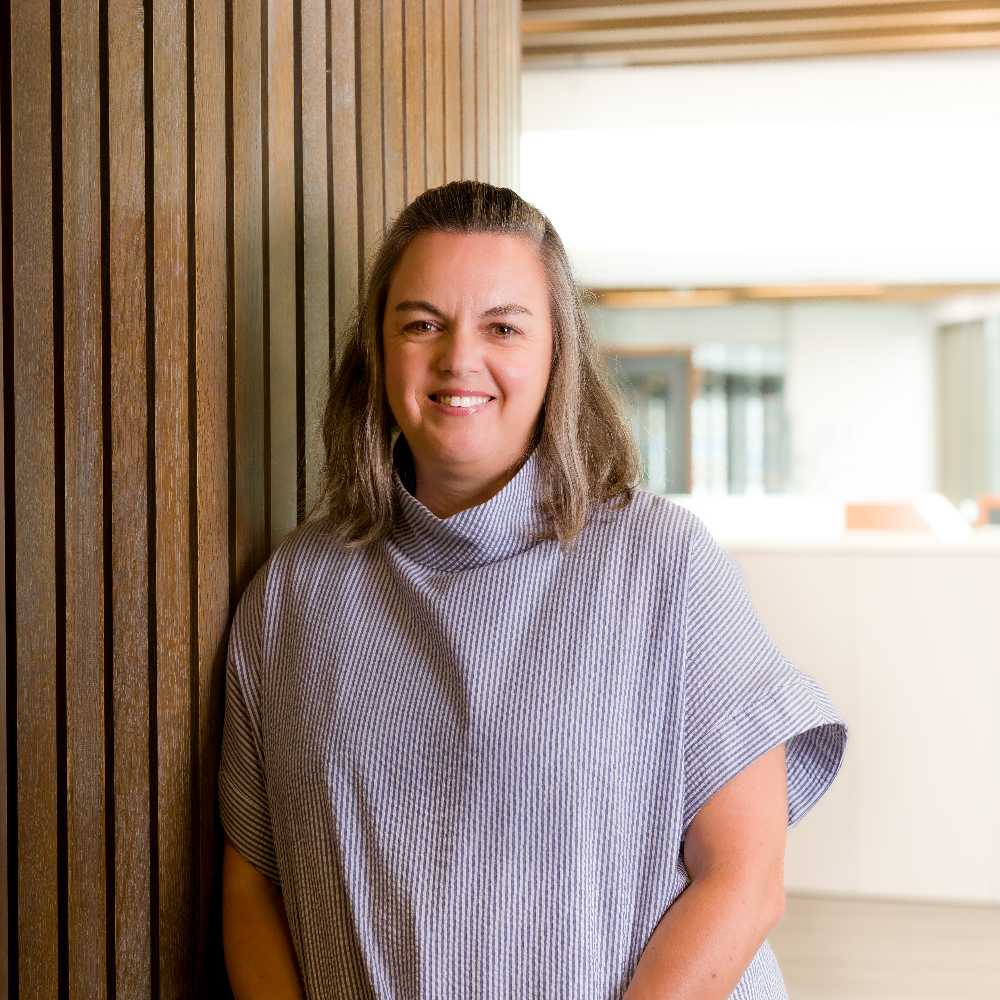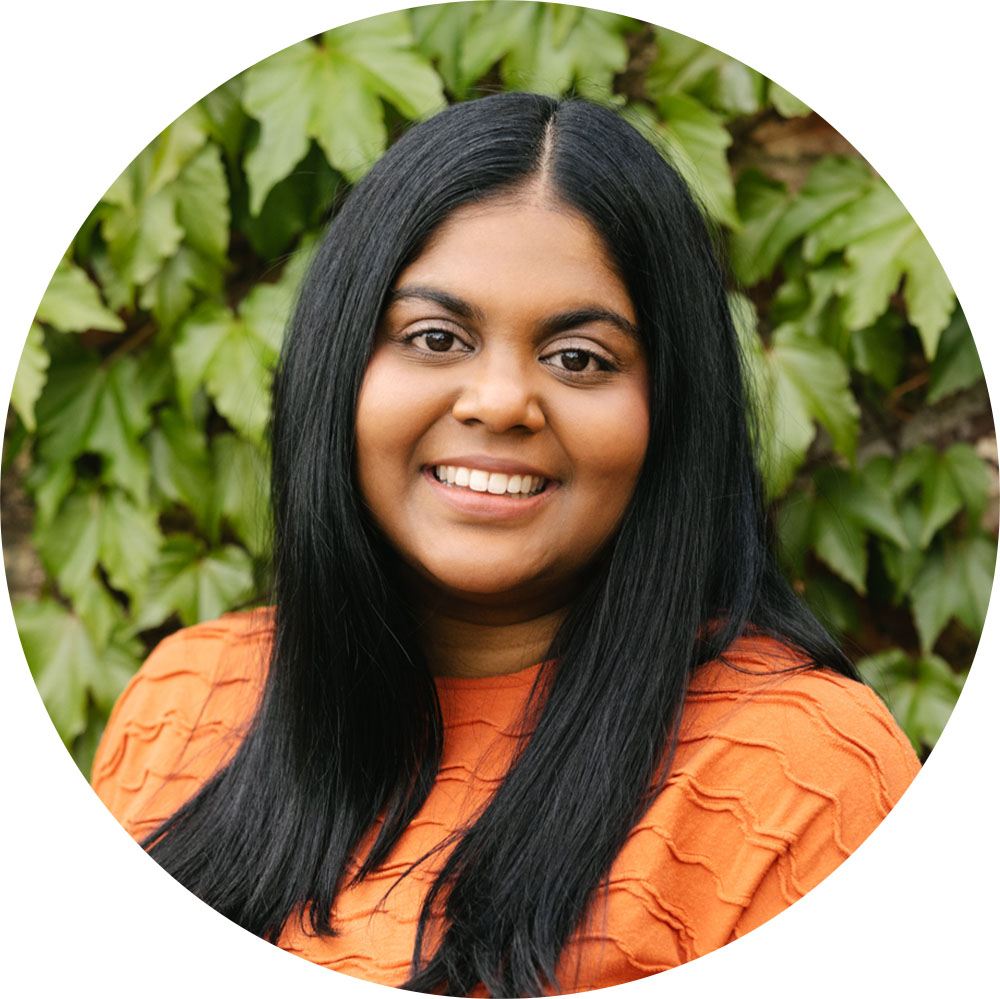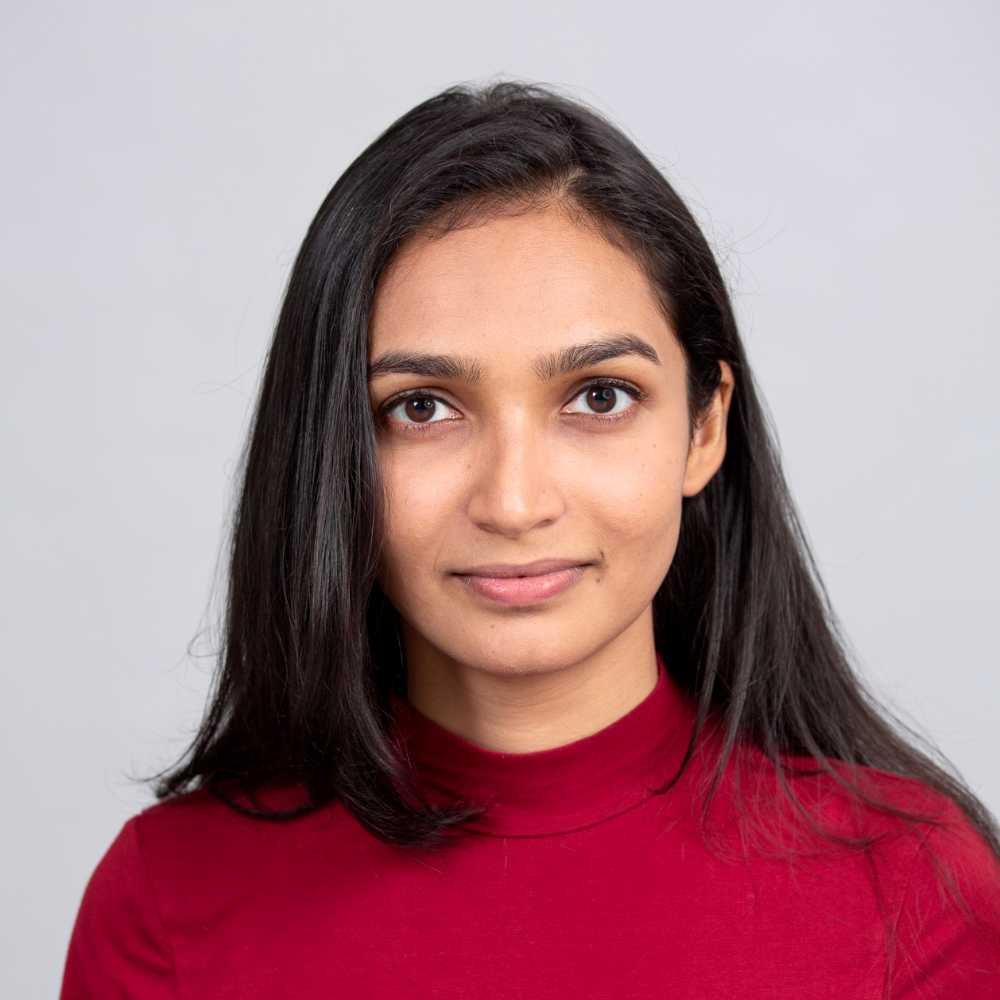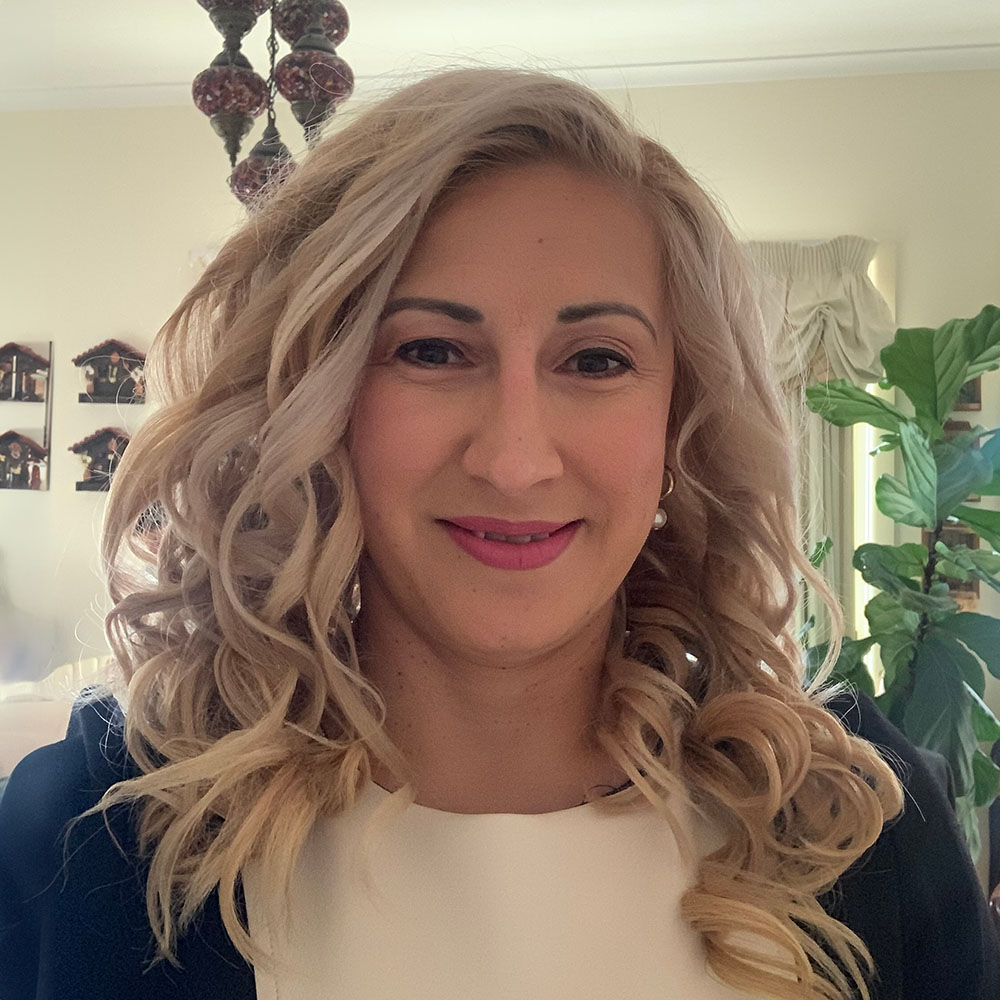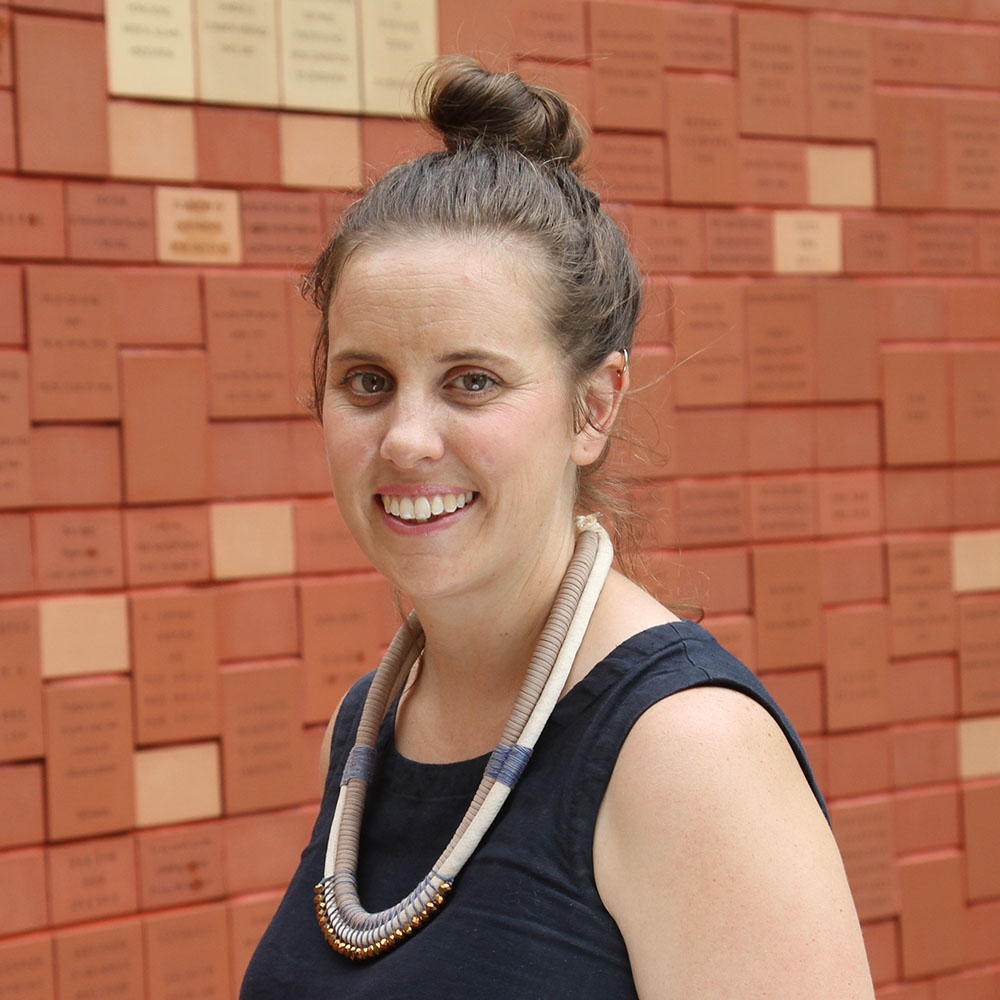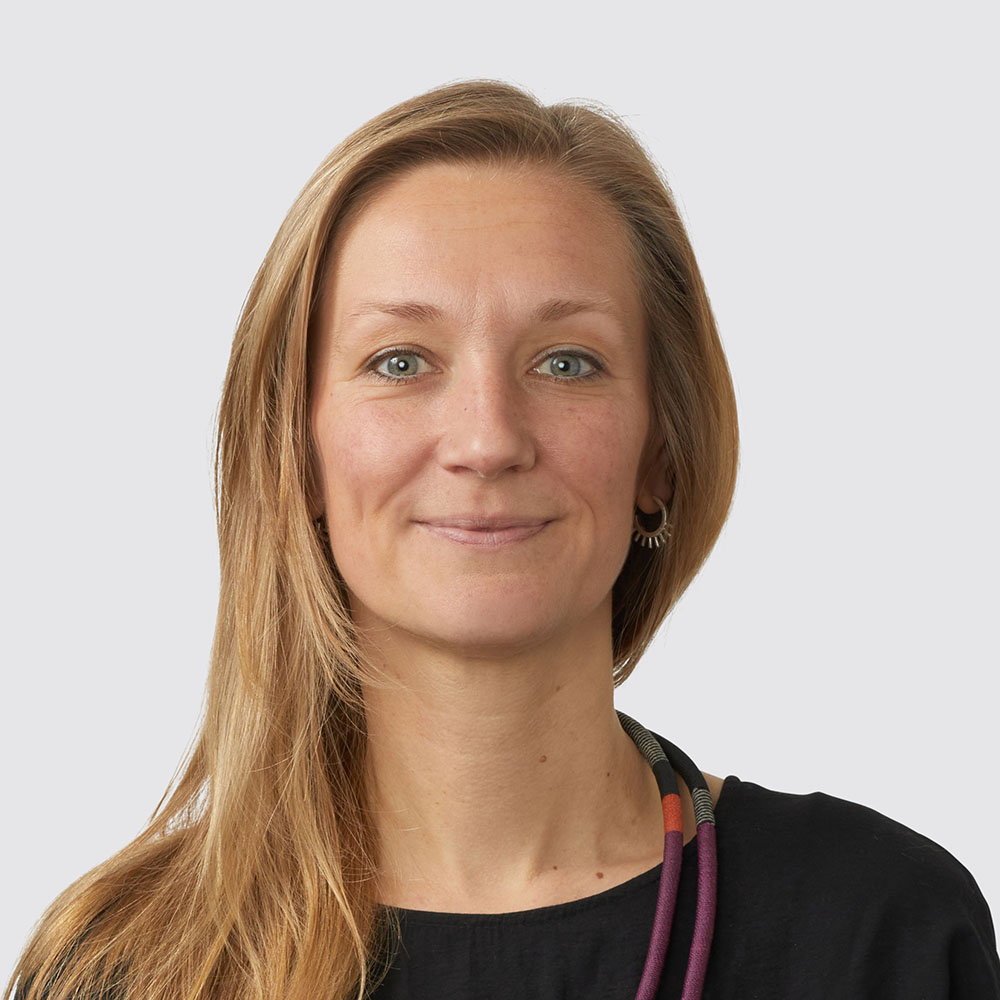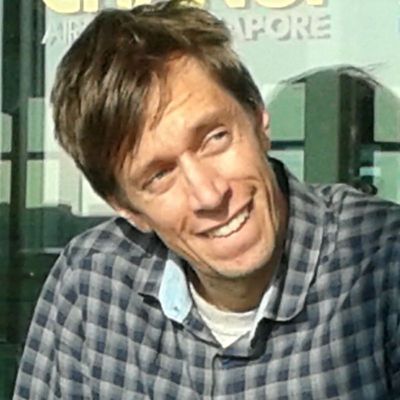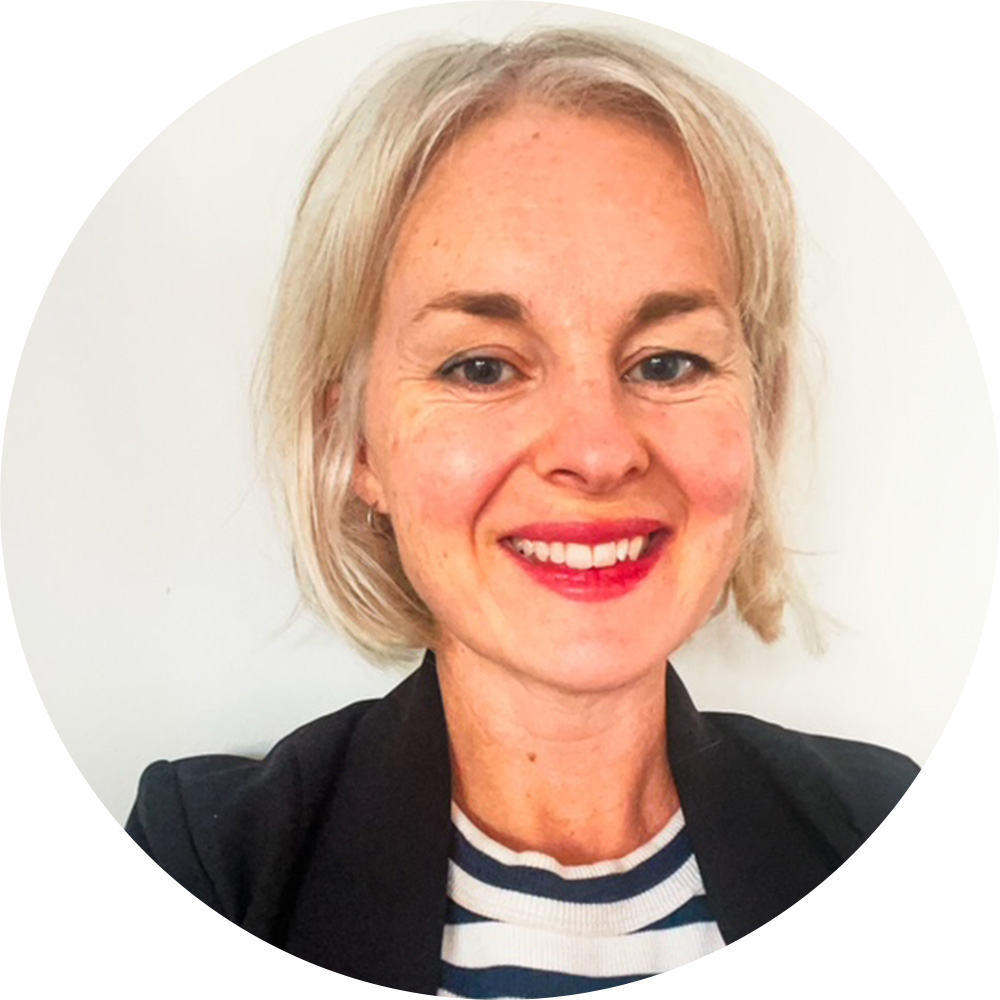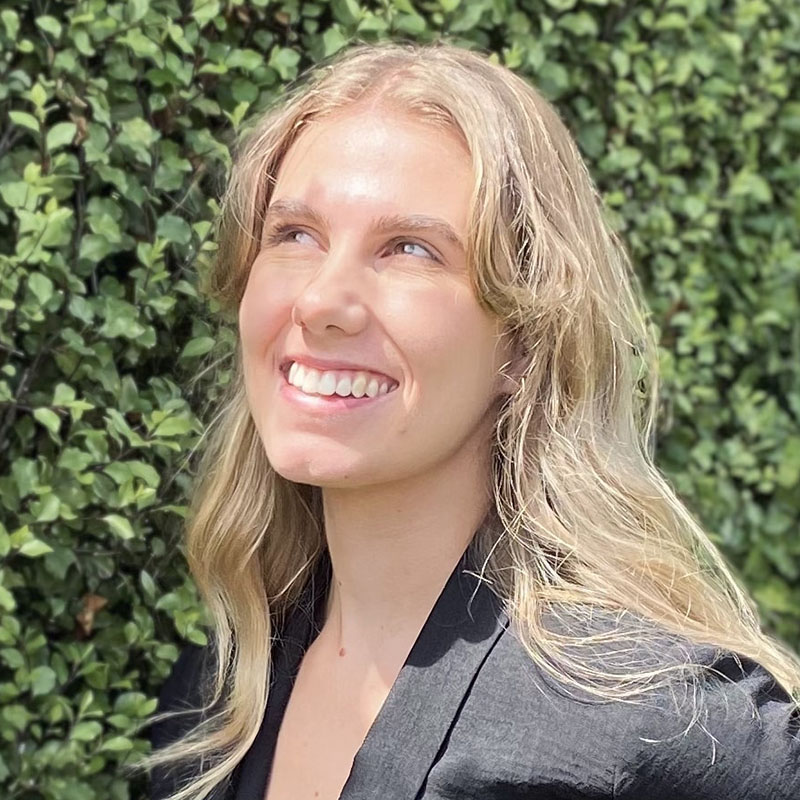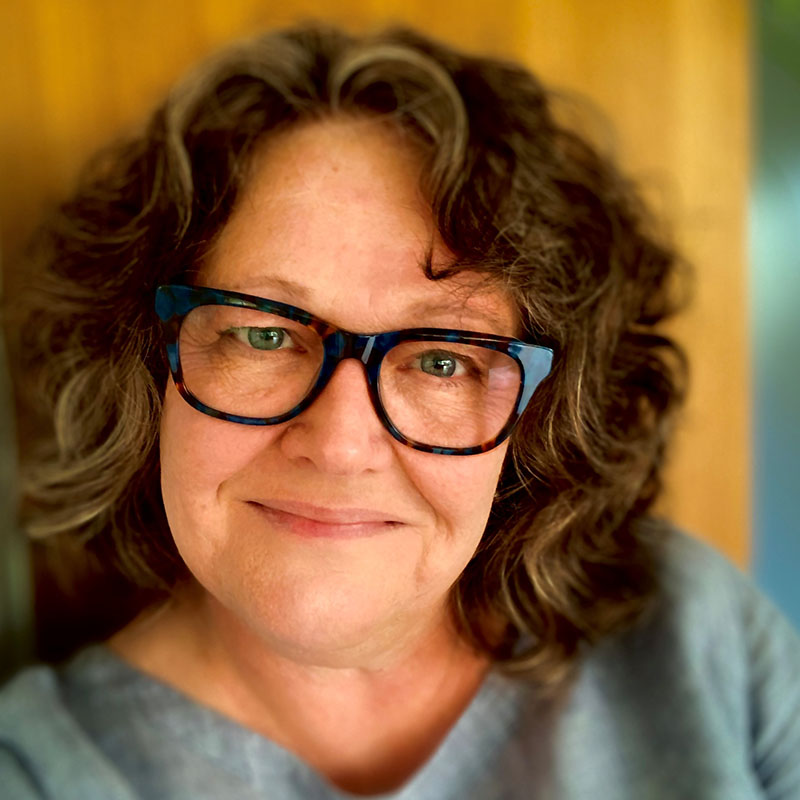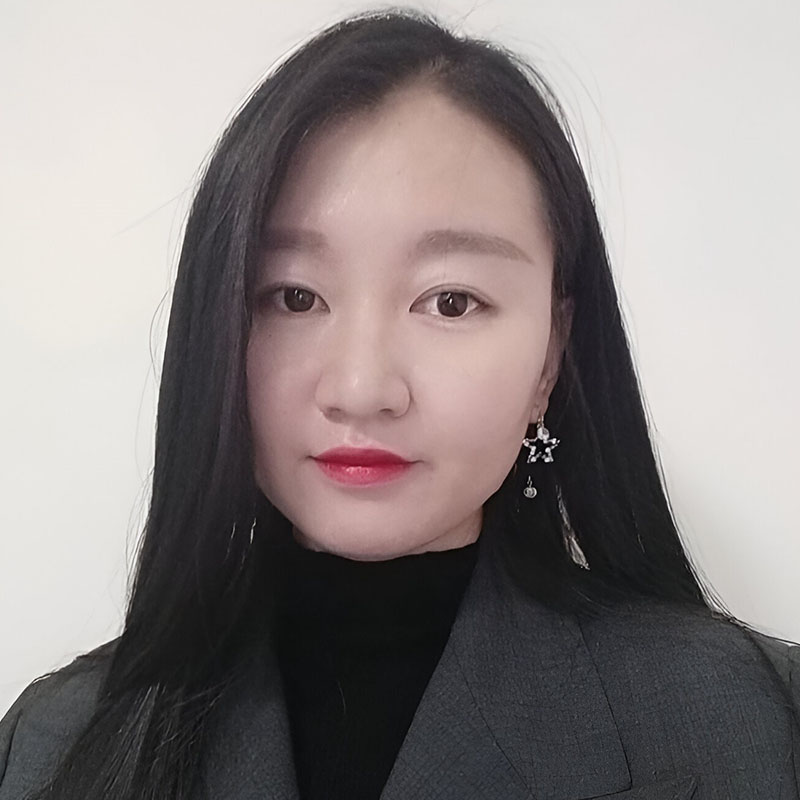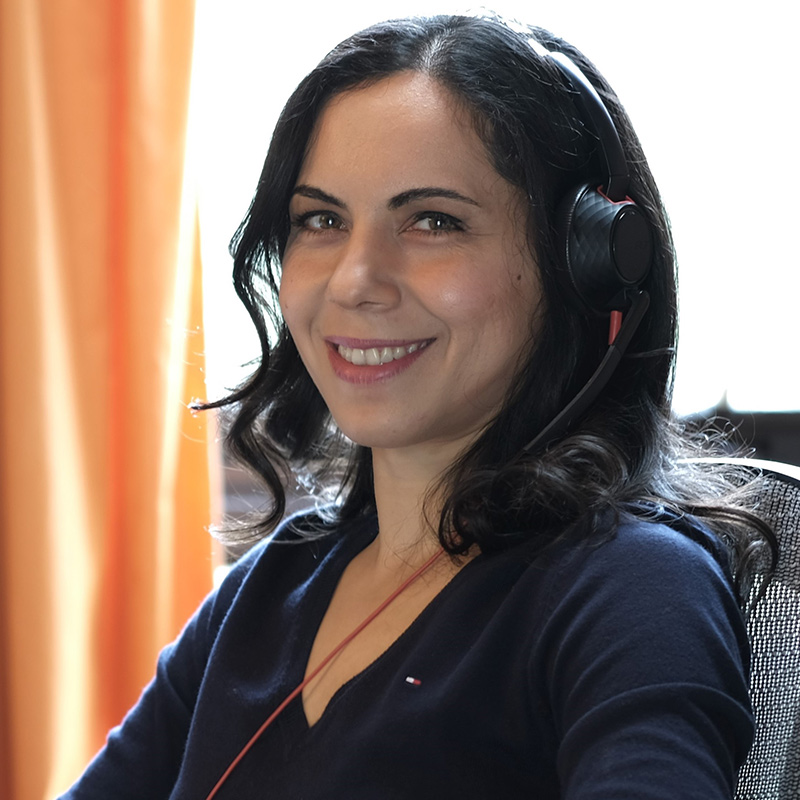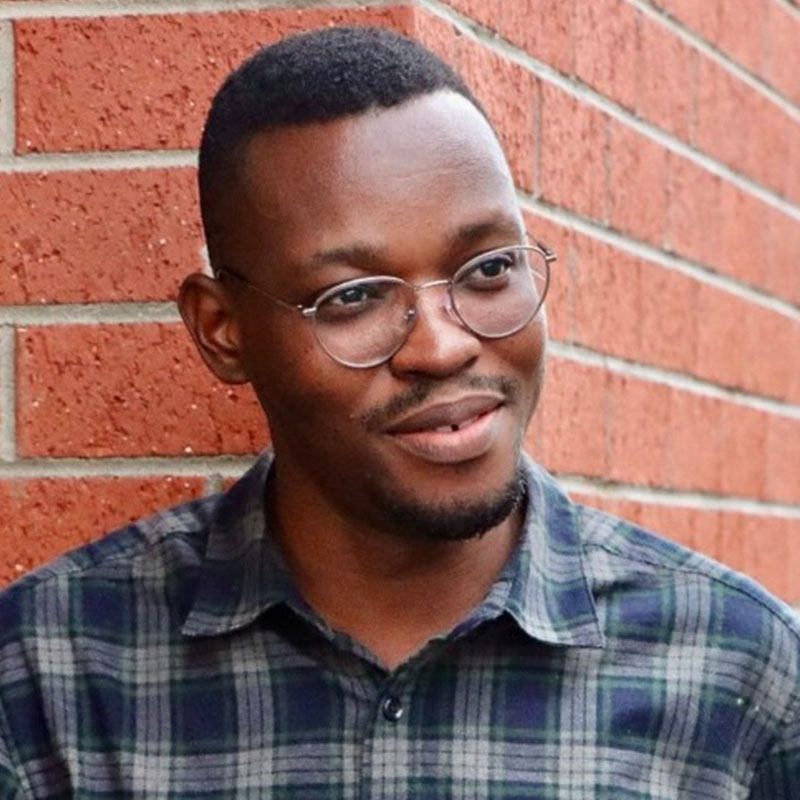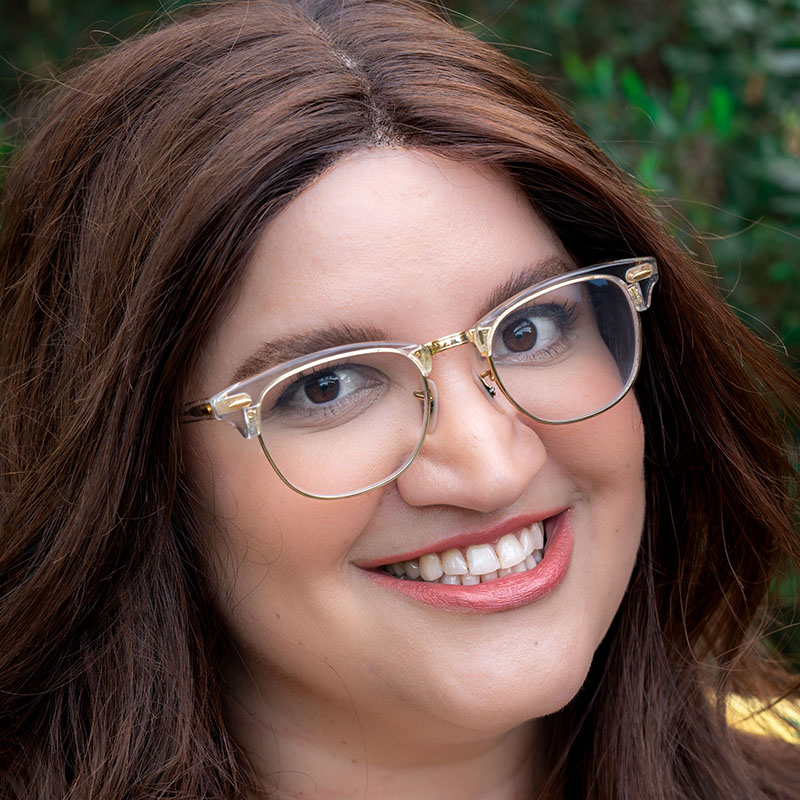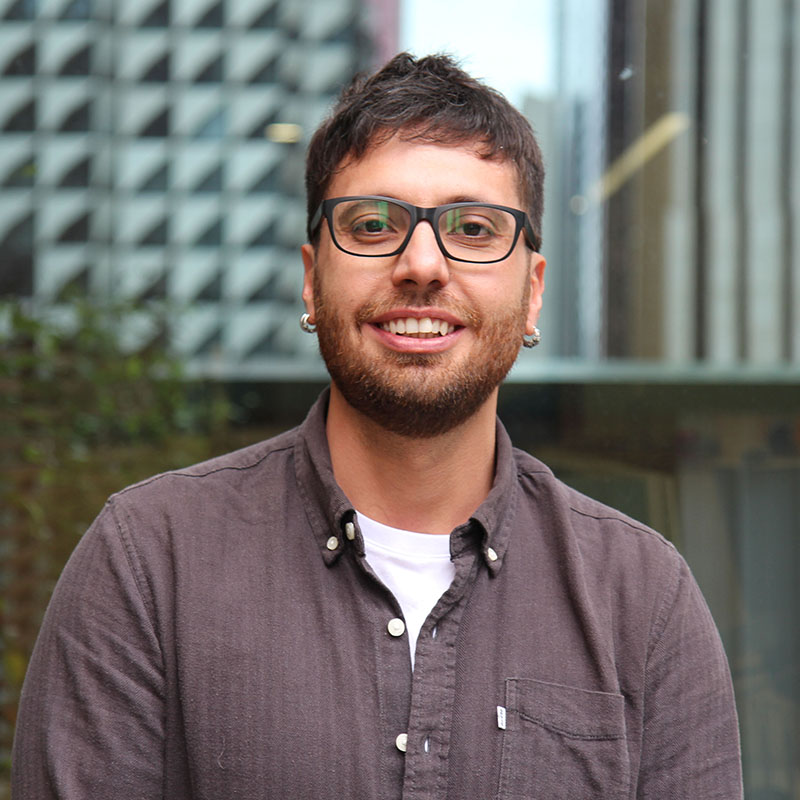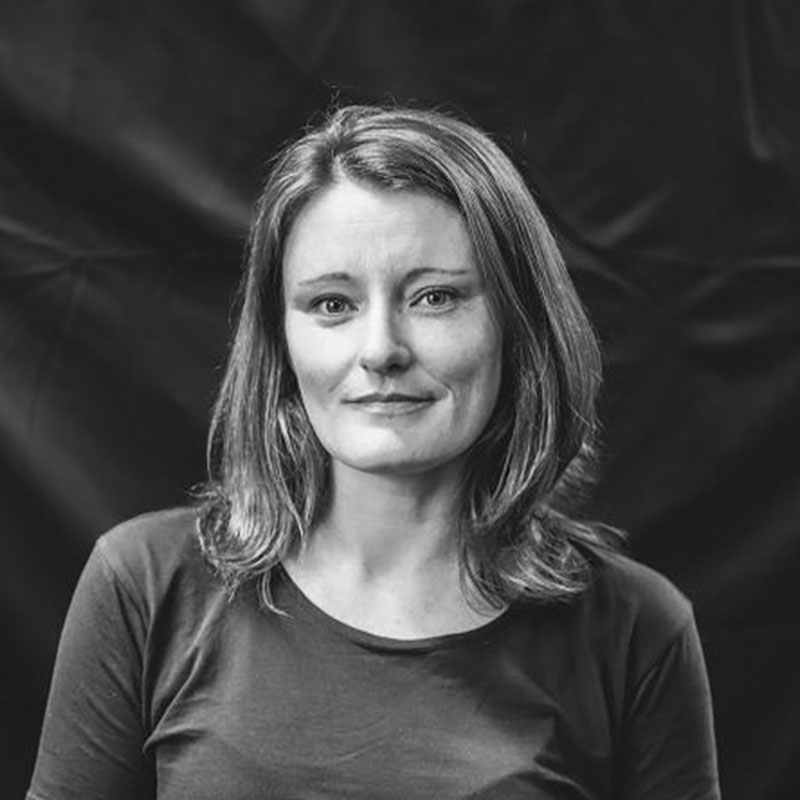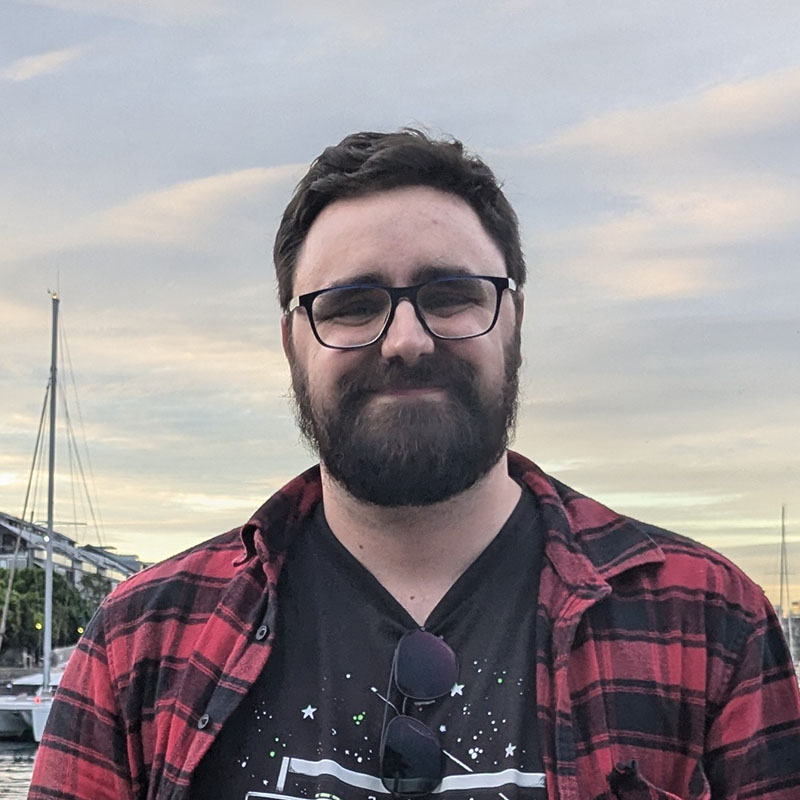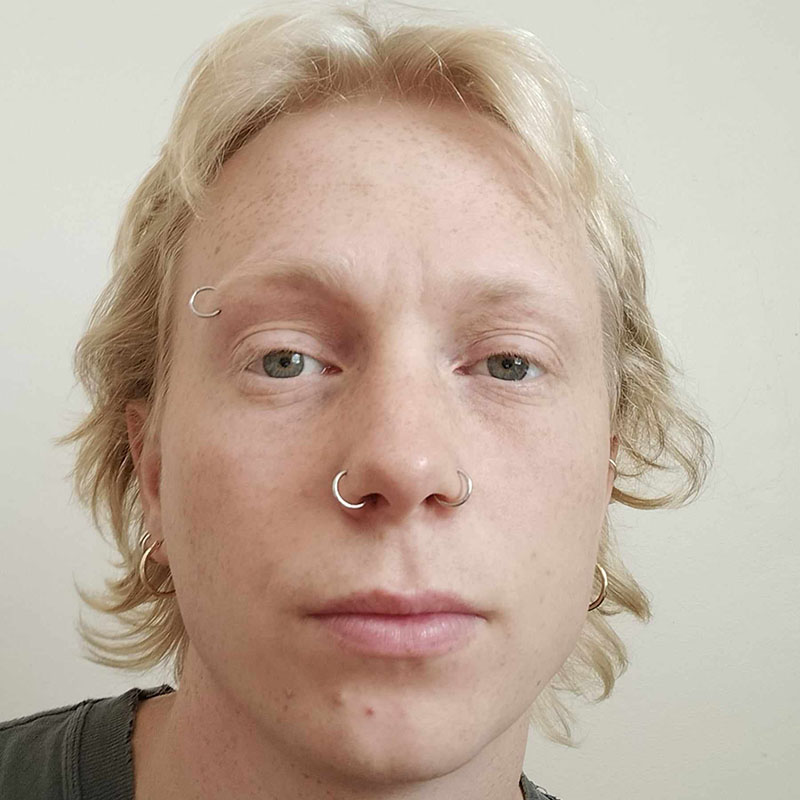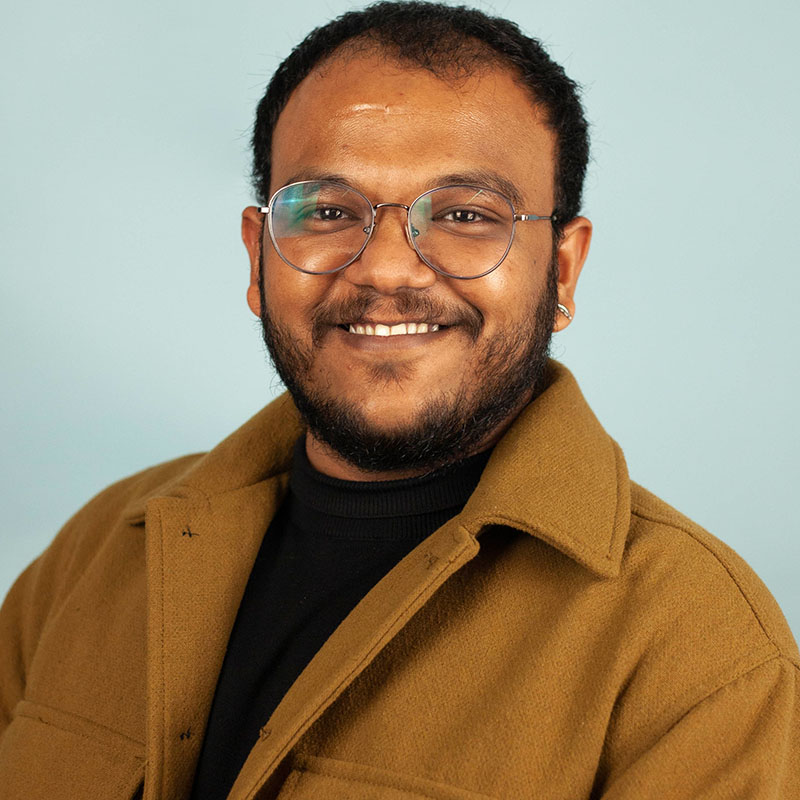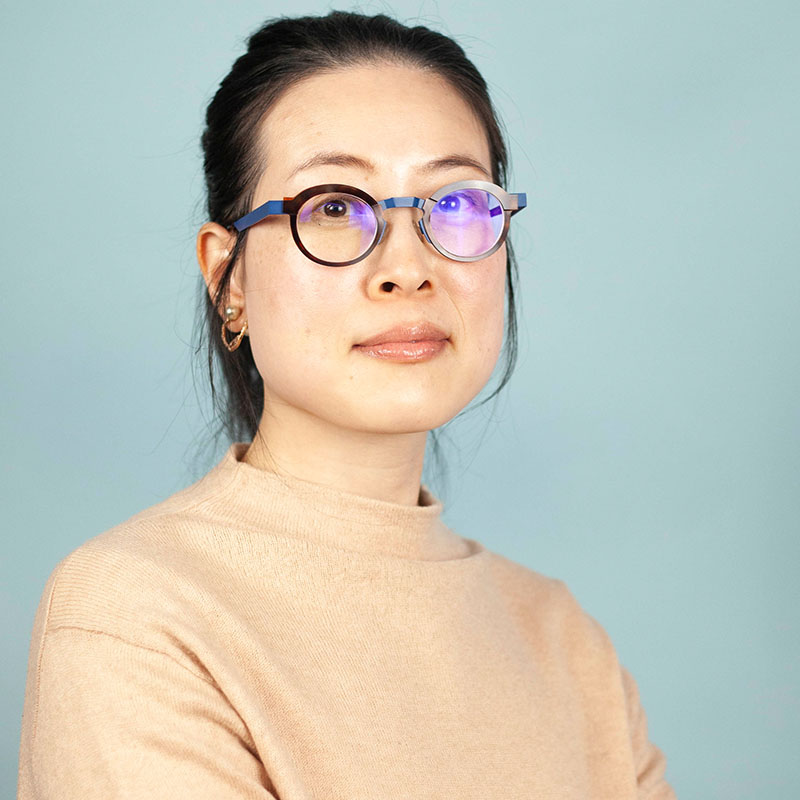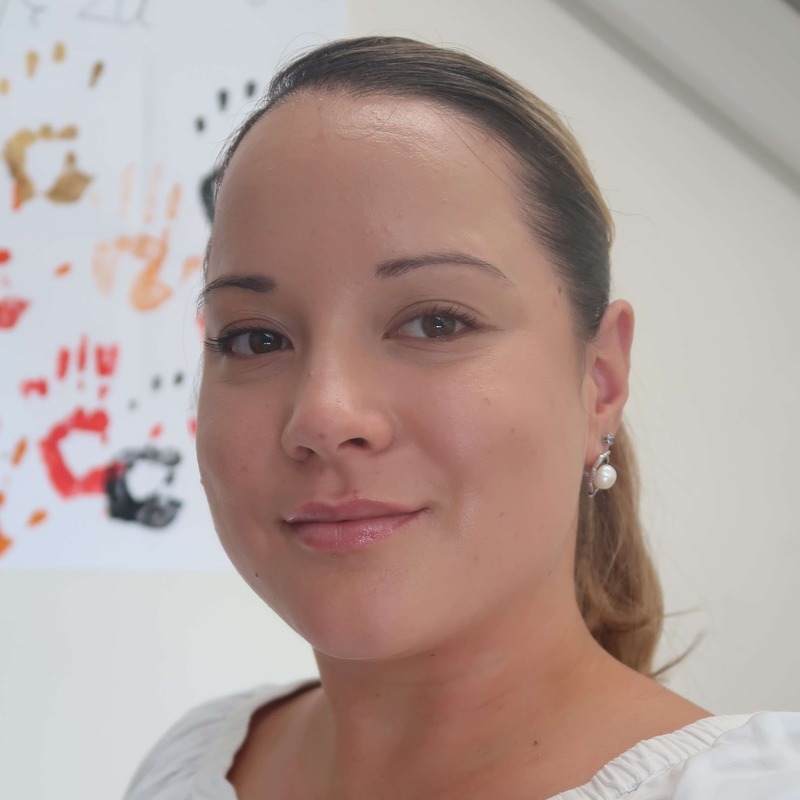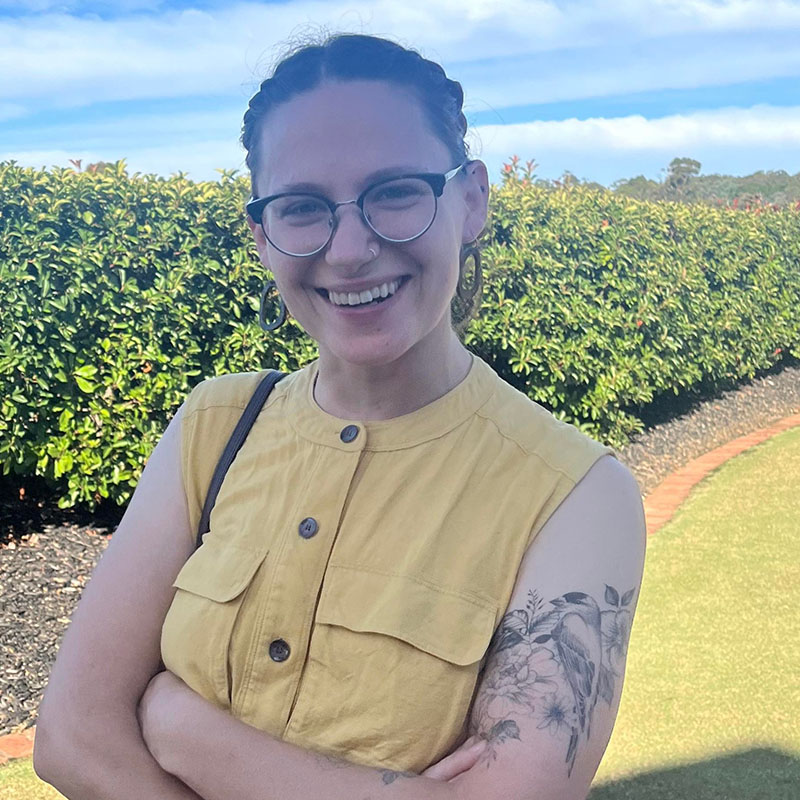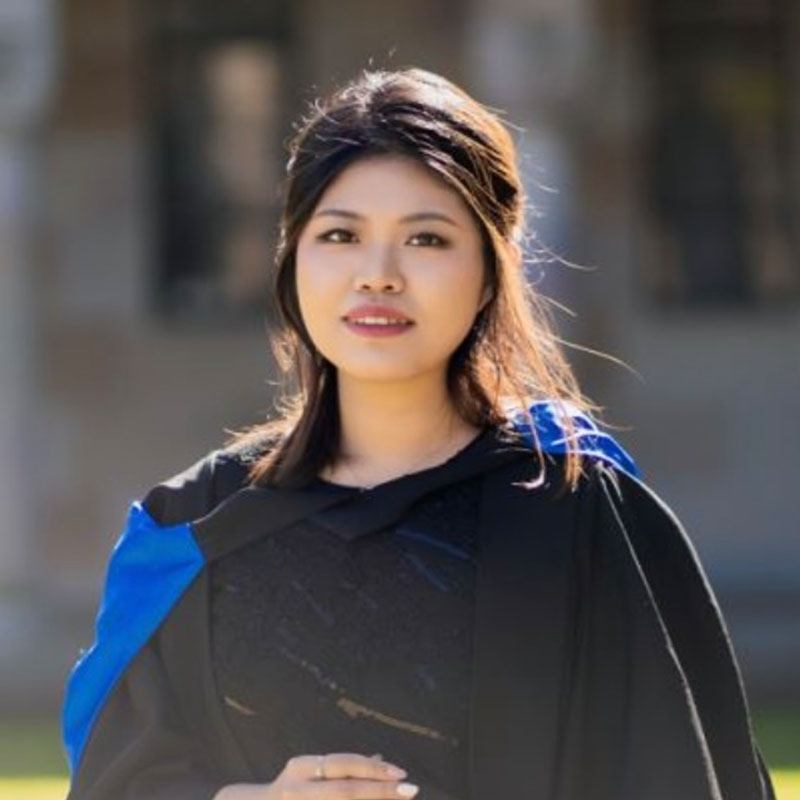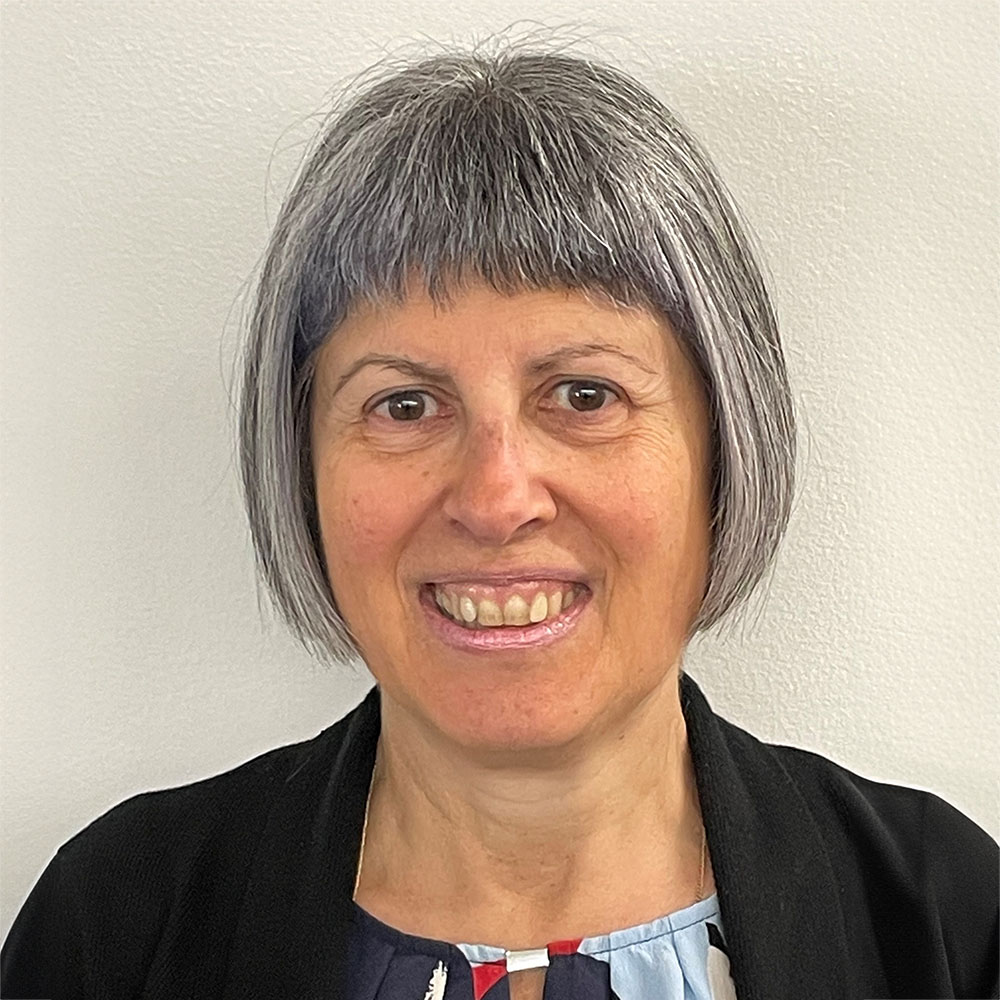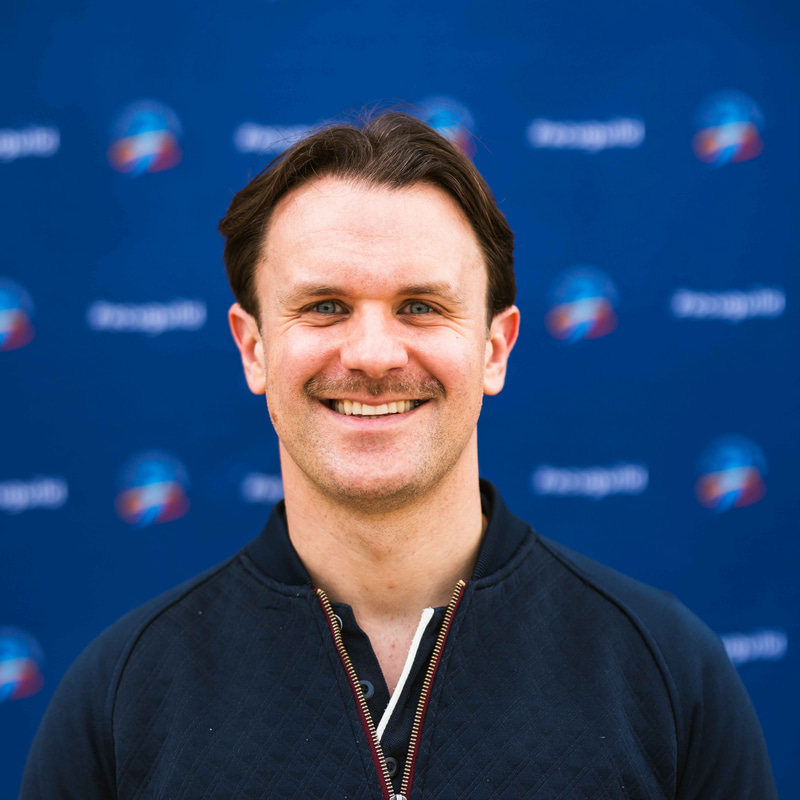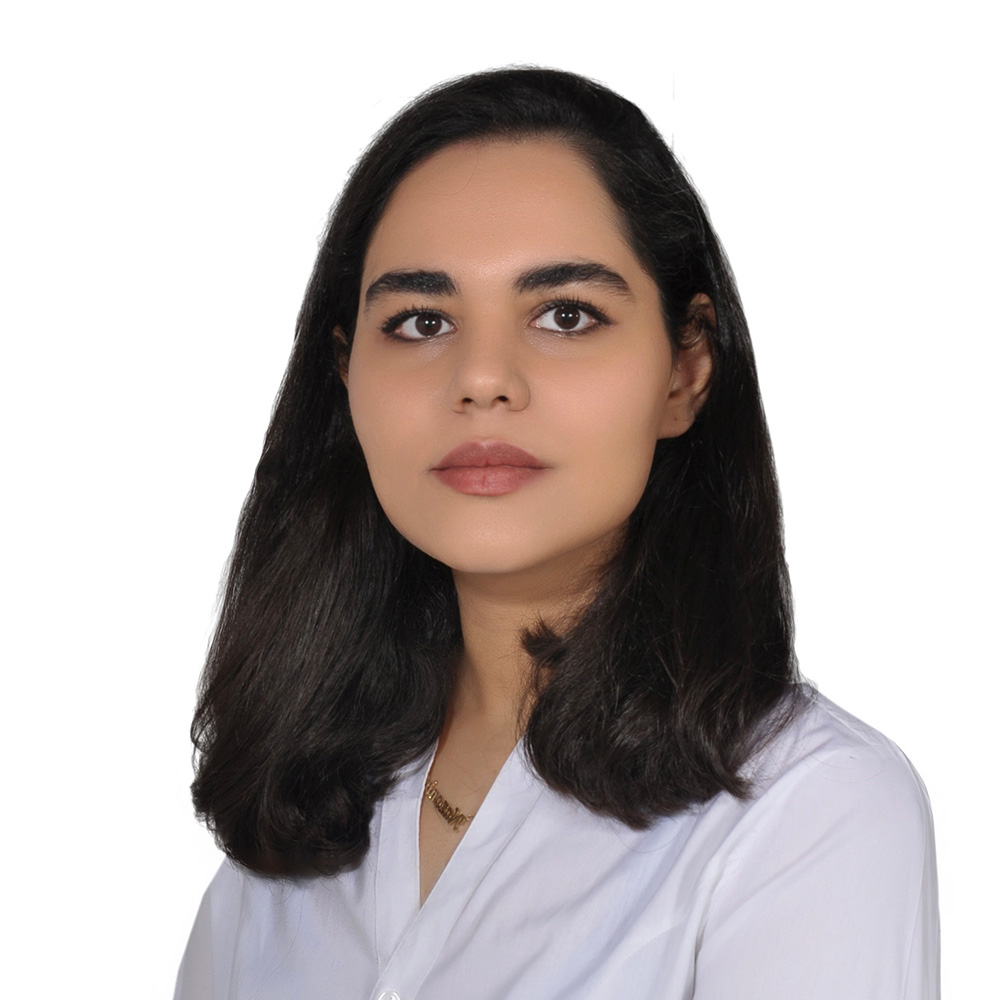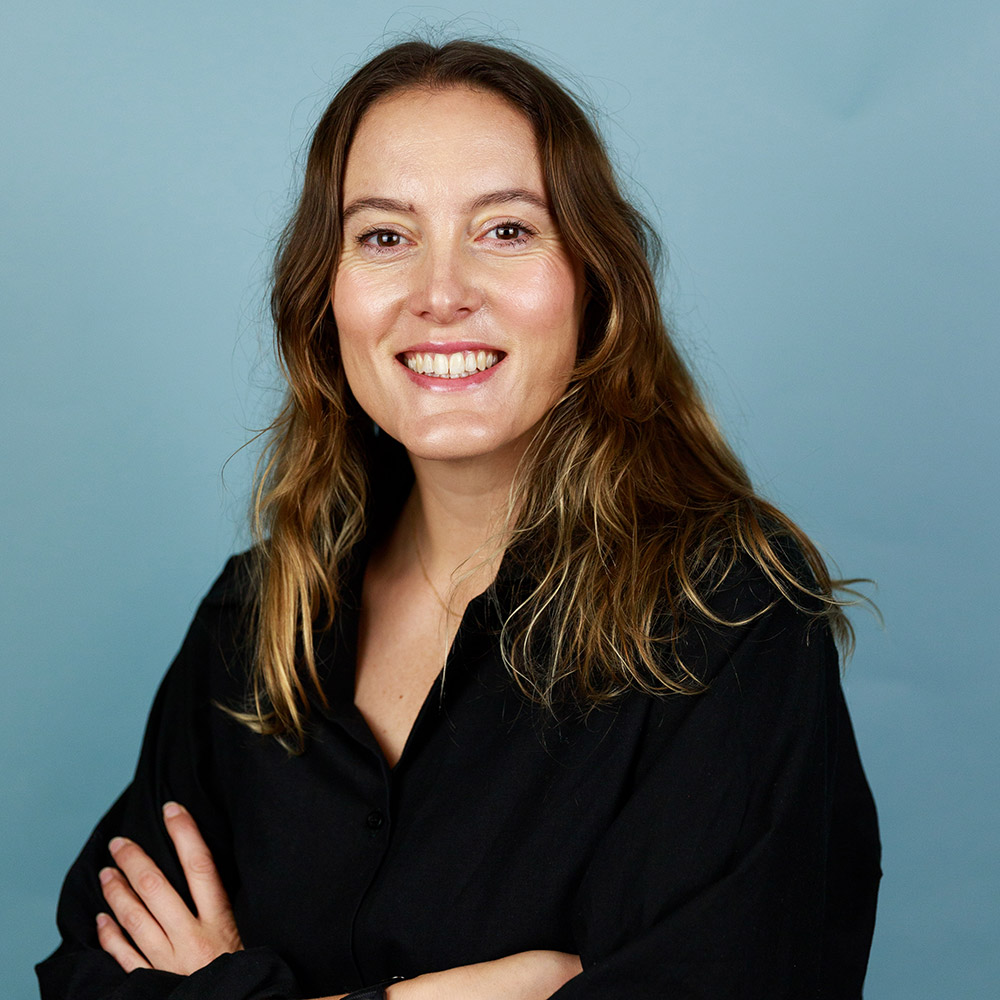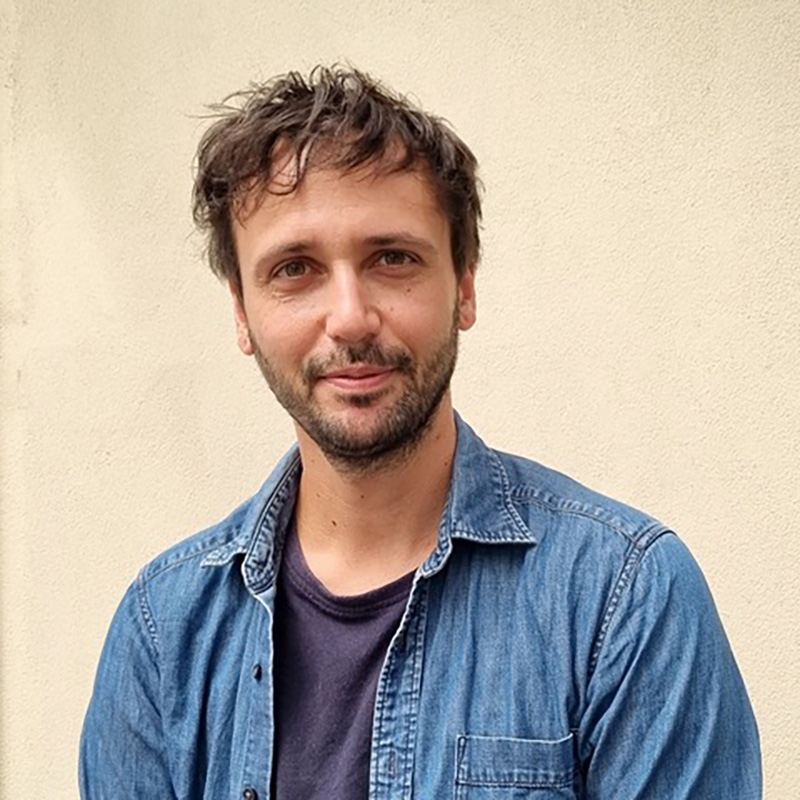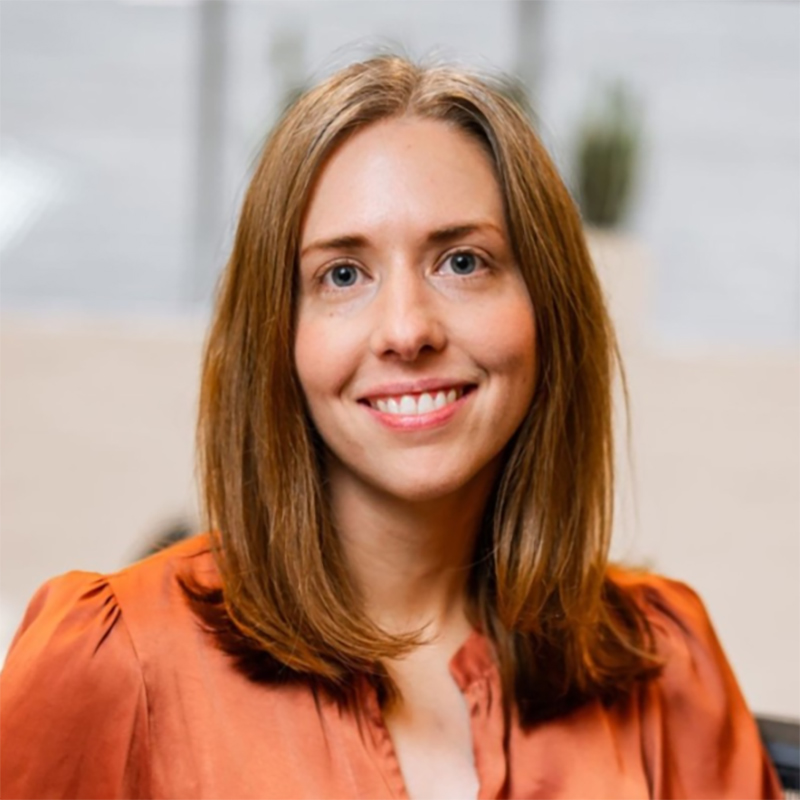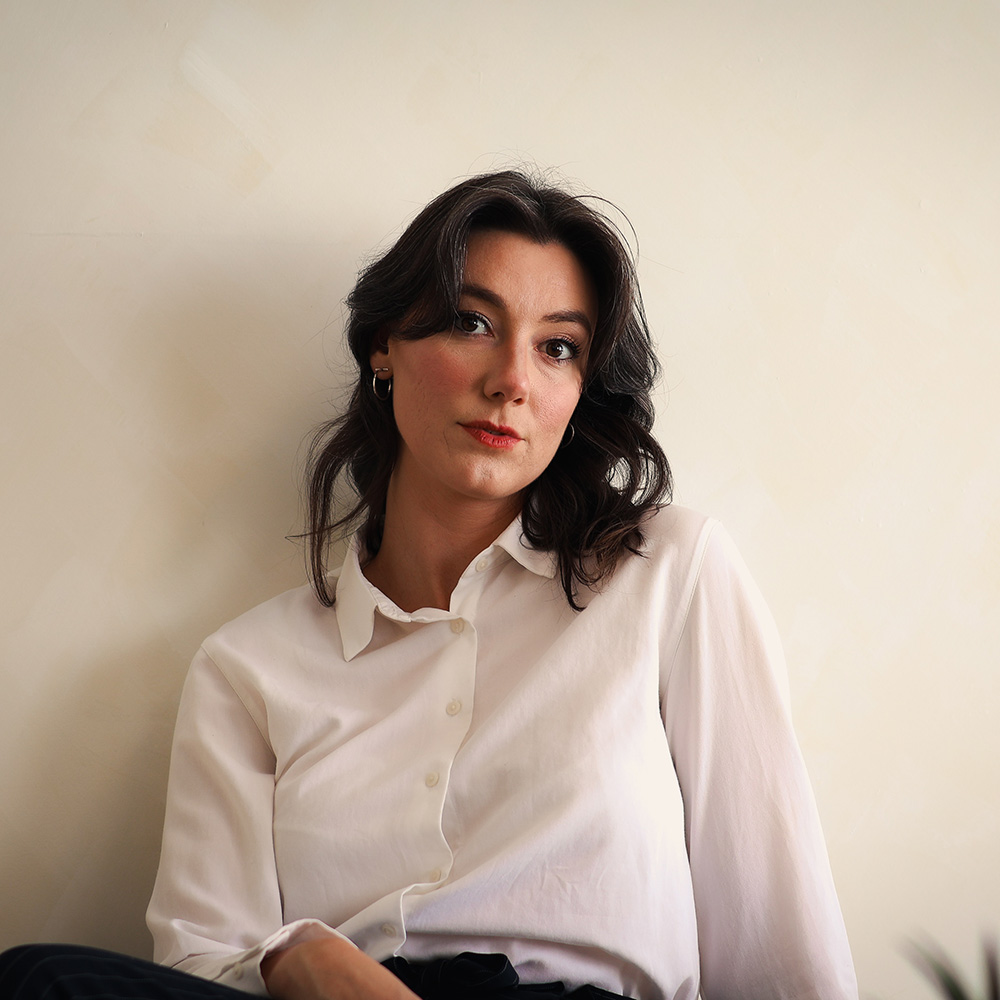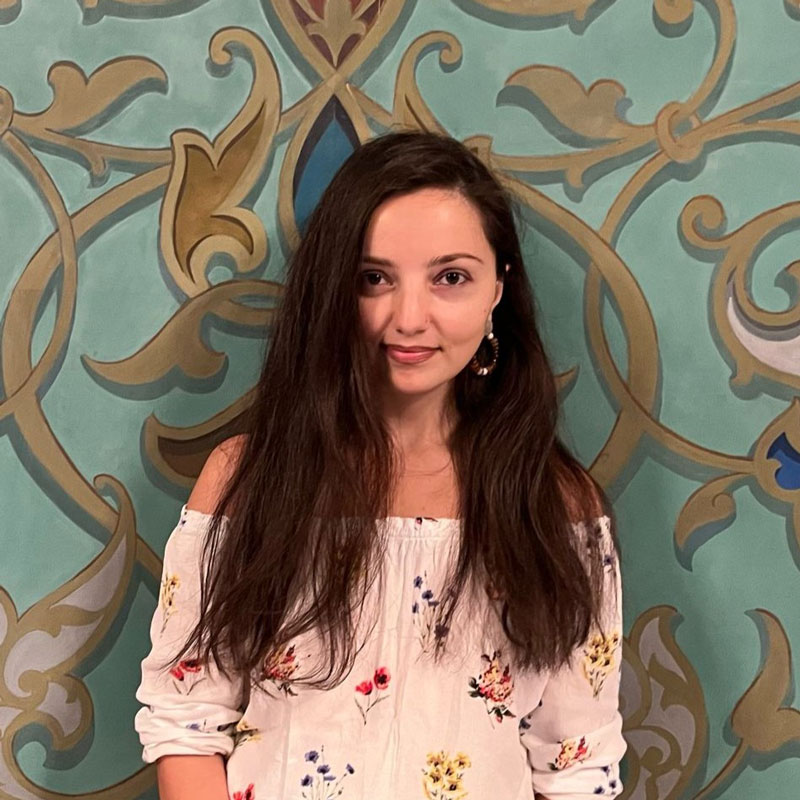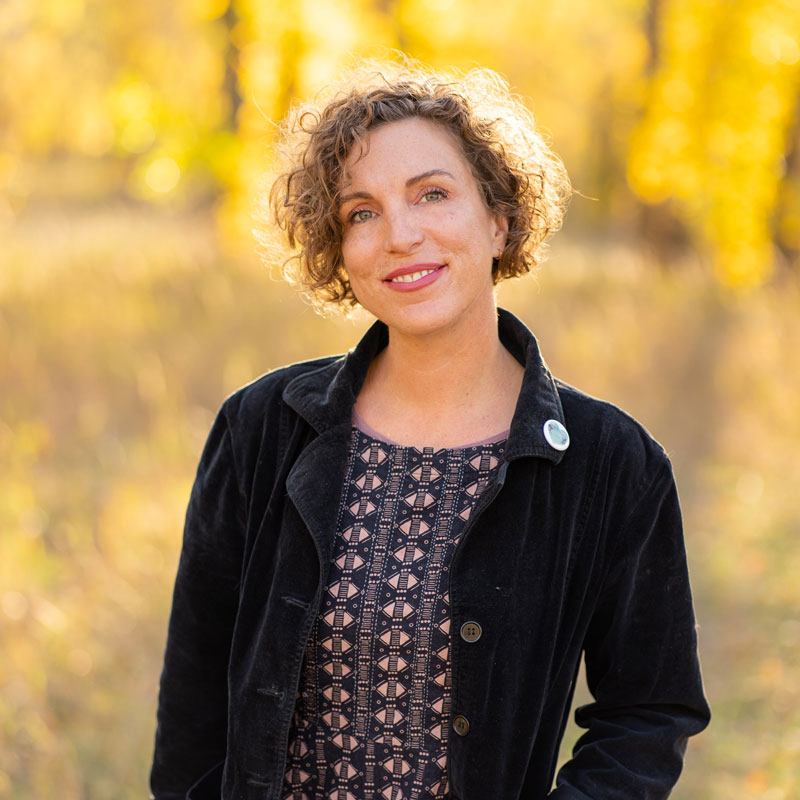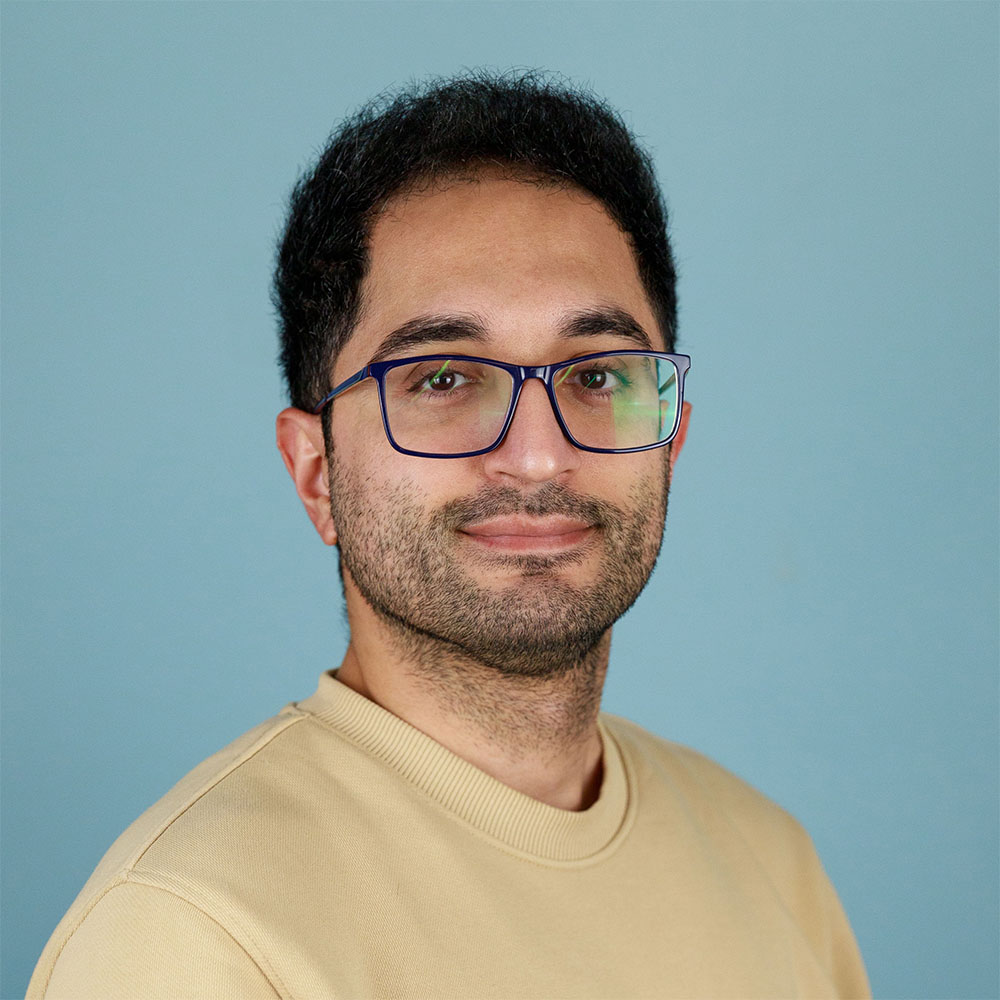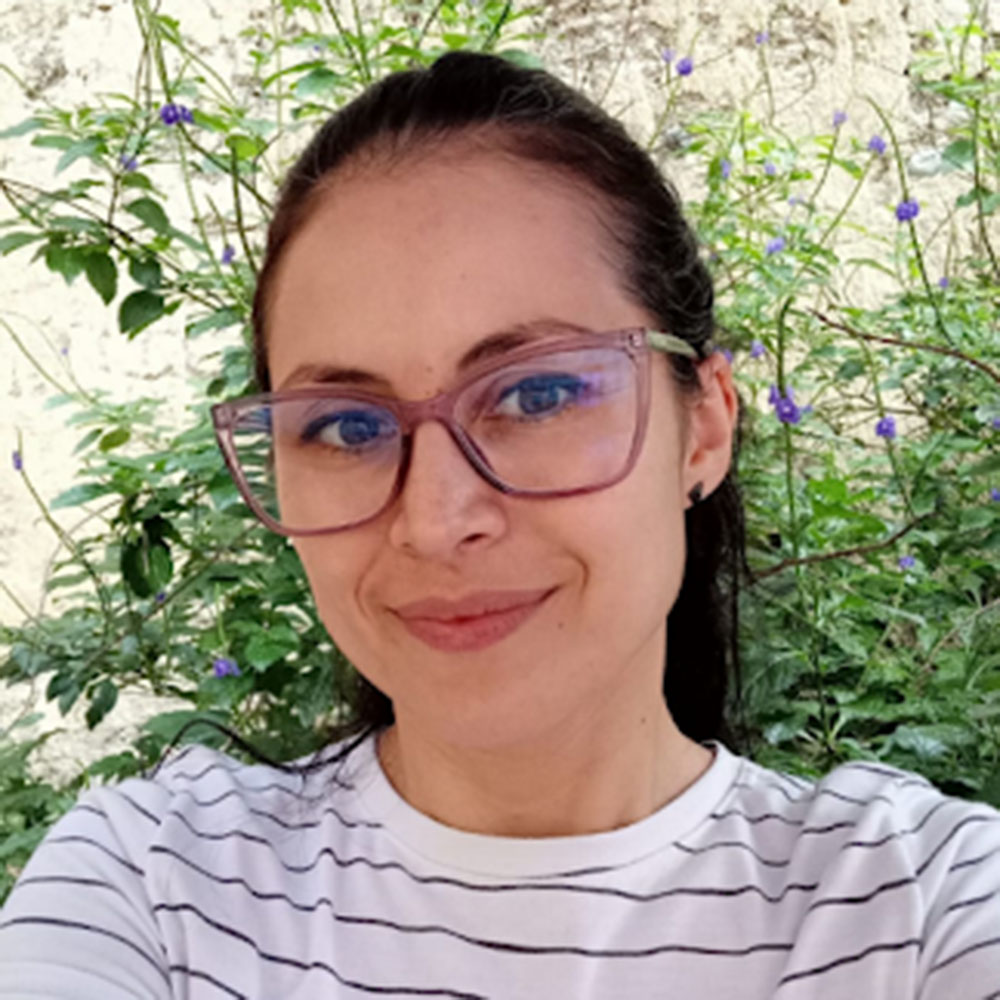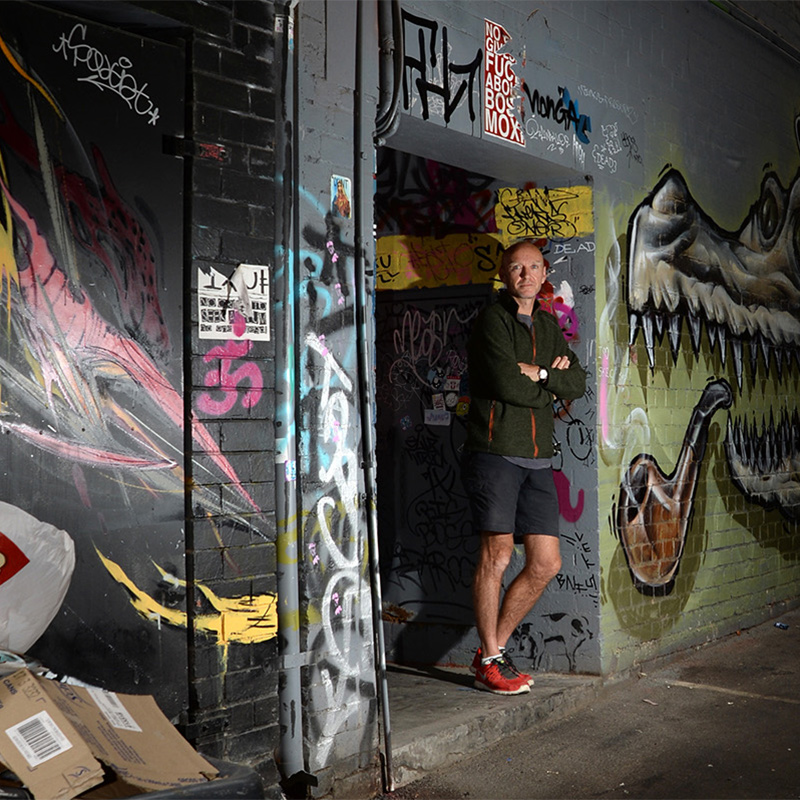Centre Leadership
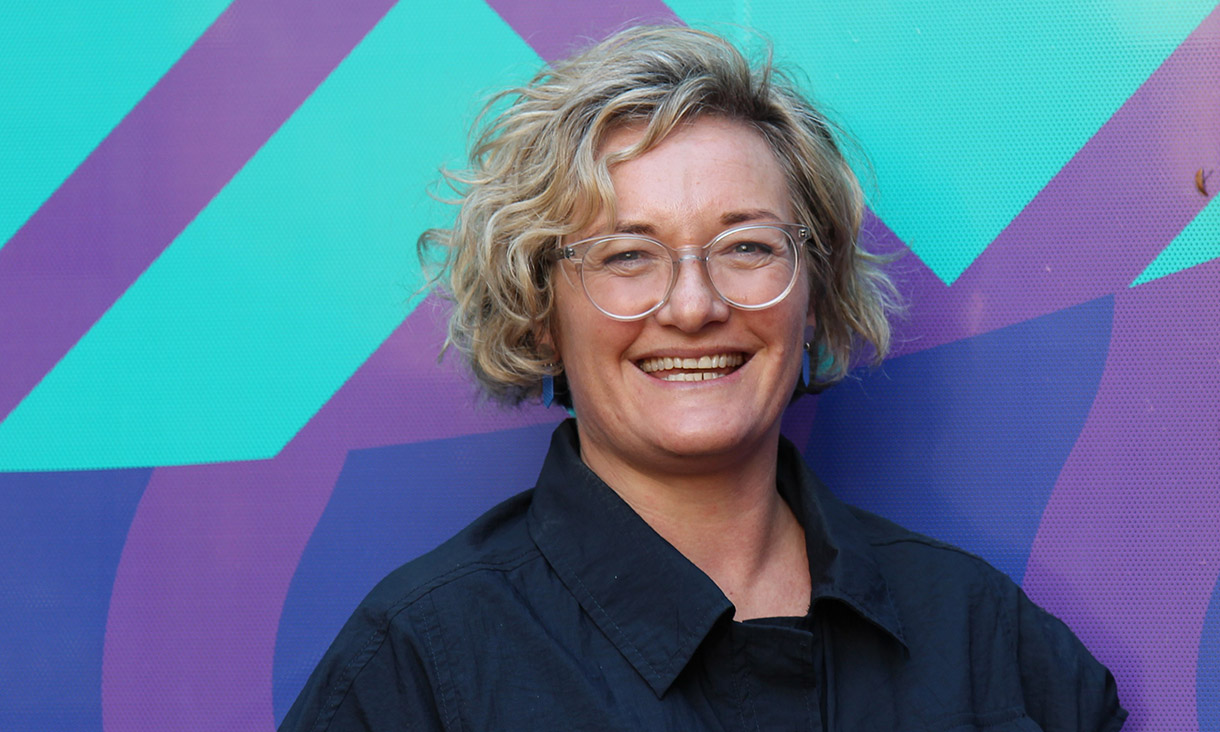
Professor Hannah Badland - Director
Professor Badland's research examines how the environment is connected to health, wellbeing, and inequities in both adults and children internationally, with an interest in vulnerable groups. Her interdisciplinary, mixed-methods research program engages with end-users, typically policymakers and non-government organisations, to influence on-the-ground change. She is currently working on two major research themes. One is enhancing the social determinants of health for those with disability. The other focuses on reducing inequities in early childhood development. The emphasis in both these streams is investigating how local built and social environments support or hinder opportunity and understanding impacts of any inequity.
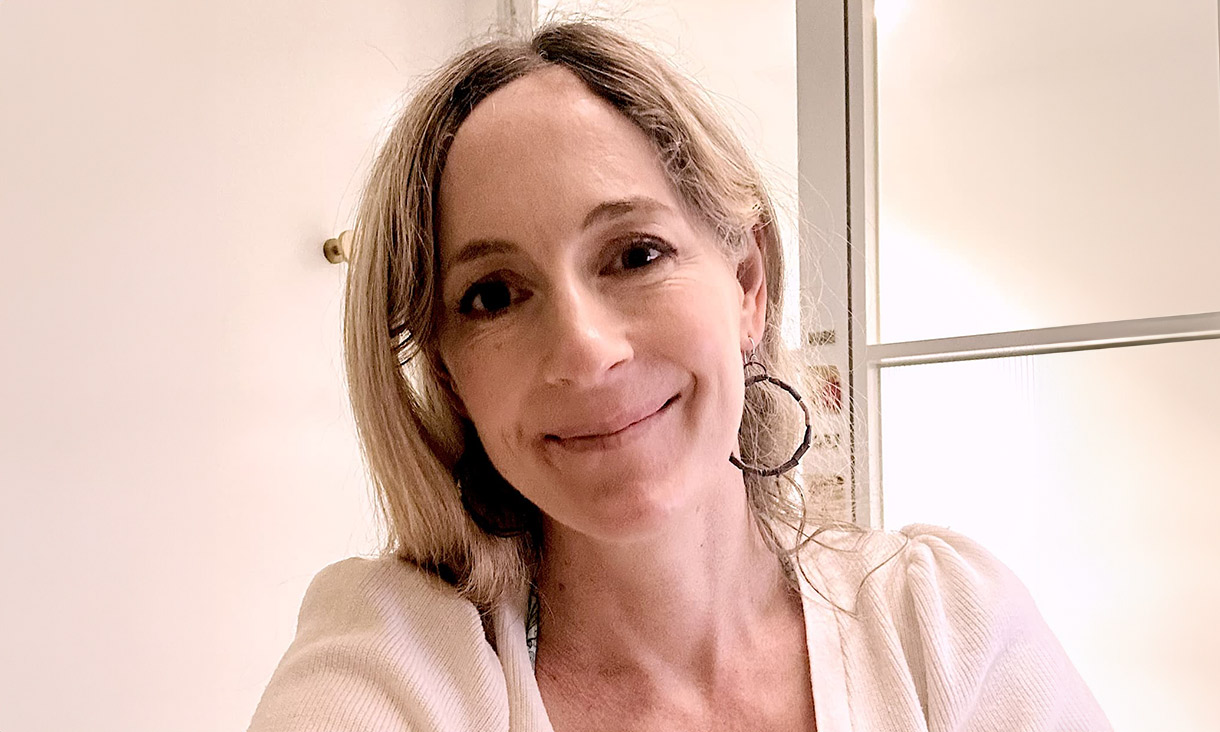
Professor Nicola Henry - Deputy Director
Professor Nicola Henry's research focuses on the prevalence and impacts of sexual violence and harassment, technology-facilitated abuse, and image-based sexual abuse. She is also interested in the effectiveness of legal, policy and prevention responses to gender-based violence. She employs mixed methods—including surveys, interviews, digital ethnographies and focus groups—drawing on interdisciplinary insights from gender studies, law, psychology, sociology, anthropology, political science and philosophy. Nicola's research informs and influences law, policy and practice to strengthen protections and justice for victim-survivors of violence. Nicola is passionate about working with a wide range of stakeholders to conduct research that drives meaningful social change.
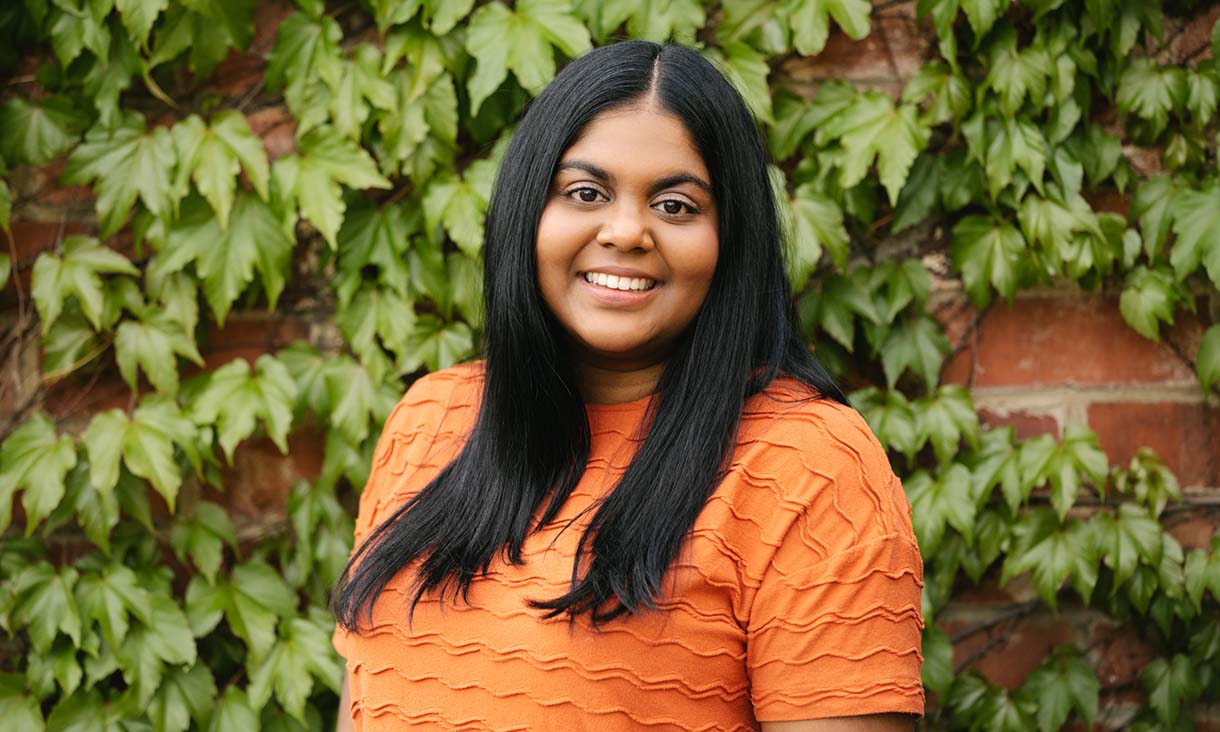
Dr Charishma Ratnam - Associate Director
Charishma Ratnam is a human geographer and senior research fellow at RMIT University. Her research focuses on refugee resettlement, home-making, and digital practices. Previously, Charishma chaired the Monash Migration Inclusion Centre's Next Generation Network.
Theme leaders
Dr. Ellen van Holstein - Theme co-lead, Community Wellbeing
Ellen van Holstein is a Vice-Chancellor's Postdoctoral Research Fellow researching who gets to be included in different spaces and networks of ‘community’.
Dr. Belinda Johnson - Theme co-lead, Community Wellbeing
Dr. Belinda Johnson explores intersections of social justice, bodies, places, emotions and creative practice, with a specific interest in disability.
Dr. Gemma Hamilton - Theme co-lead, Gender and Social Change
Gemma Hamilton is an interdisciplinary scholar in criminology and forensic psychology, internationally recognised for her work on family violence, sexual assault, policing, and investigative interviewing.
Melissa Laing - Theme co-lead, Gender and Social Change
Melissa Laing’s research investigates the intersection of housing and safety crises for marginalised pet owners (or companion animal guardians), and practice responses to support interspecies families.
Prof. Hariz Halilovich - Theme co-lead, Local Global Relations
Hariz Halilovich's research has focused on forced migration, diaspora studies, place-based identities and human rights (incl. right to education).
Dr. Elizabeth Kath - Theme co-lead, Local Global Relations
Elizabeth Kath investigates how people relate across boundaries of difference in the global era, including theories of migration, intercultural communication, reconciliation, and social/inclusion exclusion.
Dr. Kathryn Daley - Theme co-lead, Housing Insecurity and Homelessness
Kathryn Daley's work has examined issues of poverty, child abuse, homelessness, self-injury and mental health.
Dr. Juliet Watson - Theme co-lead, Housing Insecurity and Homelessness
Juliet Watson's recent research projects have included investigations of pregnancy and homelessness, family violence and homelessness, housing support for older women, social housing, and feminist activism.
Centre members
Dr. Emma-Louise Seal - Research Fellow / Project Manager
Emma’s research is driven by community-engaged research practices and participatory methodologies to establish a common purpose and collectively work towards social change.
Dr. Rojan Afrouz - Senior Lecturer, Social Work and Human Services
Dr. Rojan Afrouz is a notable researcher with a proven track record in the field of Violence Against Women (VAW), family violence among migrant women and diverse communities and technology-facilitated abuse.
Dr. Amanda Alderton - Vice Chancellor’s Postdoctoral Fellow
Amanda Alderton draws on her experience as a classroom teacher, researching across disciplines including public health, urban studies, and developmental psychology.
Dr. Alexis Bergantz - Senior Lecturer
Alexis Bergantz is a historian of Australia’s entanglements with France and the French Pacific.
Dr. Tamara Borovica - Research Assistant
Dr. Tamara Borovica is Vice Chancellor's Postdoctoral Fellow and creative artist at RMIT University's Social Equity Research Centre. Her work focuses on the sociology of emotion and health, particularly in the context of trauma and resilience.
Dr. Tuba Boz - Lecturer
Tuba Boz is a lecturer in Social Work and Human Services within the School of Global, Urban and Social Studies at RMIT University. Dr Boz leads the Migration, Mobility and Security Research Network (MM&S RN) at RMIT University
Christine Craik - Lecturer - Social Work and Human Services
Christine is a family violence accredited social worker, researching and working in the gendered violence and abuse field for over 30 years. Christine developed, coordinates and teaches into the ‘Working with Violence and Abuse’ course in social work and human services.
Dr. Elroy Dearn - Researcher
Elroy Dearn is a qualitative researcher focussed on the areas of human rights, homelessness, institutionalisation, disability and mental illness.
Dr. Anamaria Ducasse - Senior Lecturer
Dr. Anamaria Ducasse's research focus is on assessment and feedback and pedagogy in both in higher education and additional language learning.
Jessica Findling - Lecturer
Jess’ research focuses on the intersections of social work and criminal justice, with particular interest in topics relevant to refugees and family violence.
Dr. Maho Fukuno - Lecturer
Maho Fukuno is an applied linguist researching in the interdisciplinary field of translation studies, intercultural communication, applied ethics and language education.
Anahita Gangwani
Ana is a storyteller creating impact-focused content with ad rem creatives by placing people and their perspectives at the centre of every initiative.
Dr Olga García-Caro Alcázar - Lecturer
Olga's research interest is on community interpreting and translation, focusing on interpreting in domestic violence settings and access to services for migrant and refugee women.
Dr. Rachel Goff - Lecturer, Early Career Development Fellow
Rachel Goff's work examines how design thinking can facilitate self-determination, particularly in communities subject to structural inequity.
A/Prof. Erika Gonzalez Garcia - Associate Professor
Erika Gonzalez´s research focuses on the professionalisation of community interpreting & translation, and the impact language barriers have on non-English speakers.
Prof. Georgina Heydon - Professor
Georgina Heydon's research analyses the language of police interviewing and other forms of evidential language in the justice system.
Prof. Katherine Johnson - Dean, School of GUSS
Katherine Johnson is a leading researcher in LGBTQ+ suicide prevention, transgender health, and early mental health interventions for LGBTQ+ youth.
Dr. Natalie Jovanovski - Vice Chancellor’s Senior Research Fellow
Dr. Natalie Jovanovski is an award-winning health sociologist and Vice Chancellor’s Senior Research Fellow at RMIT University. Her research focuses broadly on the social factors that influence people’s food practices.
Dr. Chen-Hui Miranda Lai - Senior Lecturer
Miranda Lai’s research interests cover public service interpreting and translation, police interpreting, forensic transcription, and vicarious trauma of interpreters and translators.
Dr. Caroline Lambert - Lecturer
Caroline uses her intersectional lived and living expertise to investigate social phenomena that impact the everyday lives of mental health families, carers, supporters or kin. Her research practice and design engage participatory methodology and is rooted in inclusive feminist philosophies.
Dr. Julian Lee - Associate Dean, Global and Language Studies
Julian Lee’s research has addressed the subjective experience of globalisation, and has sought to creatively explore themes in Global Studies through the use of popular culture.
Dr. Iris Levin - Senior Lecturer
Iris Levin’s research focuses on housing for disadvantaged communities, including social housing, housing for people from migrant and refugee backgrounds, and socially mixed communities.
A/Prof. Robyn Martin - Associate Dean, Social Work & Human Services
Robyn Martin is a critical social work academic and her research and teaching is informed by post-structuralist, feminist and intersectional theories and concepts.
A/Prof. Kerry Mullan - Associate Professor
Kerry’s main research interests are cross-cultural communication and differing interactional styles, particularly those of French and Australian English speakers. She also researches in the areas of intercultural pragmatics, discourse analysis, language teaching and conversational humour.
A/Prof. Yasothara Nadarajah - Associate Professor
Yasothara Nadarajah's research covers a range of fields – and the question of how ethnography and fieldwork may open a space for difficult conversations about the past and injustices; and offer the potential for healing.
Dr. Jindan Ni - Senior Lecturer
Jindan Ni is a senior lecturer in Global and Language Studies at RMIT University. Her research interests are Comparative Literature Studies and Translation Studies, mainly focusing on the Japanese and Chinese literary works.
Dr. Sharlene Nipperess - Associate Professor, Social Work
Dr. Nipperess is an experienced social work researcher with expertise in research ethics and qualitative research methods, including participatory, inclusive and human rights-based research methodologies. Her research focuses on social work policy and practice mainly in forced displacement, mental distress, disability and family/carer lived experiences, housing and homelessness.
Dr. Caroline Norma - Senior Lecturer
Caroline Norma is a historian of modern Japan and a lecture in the Translating and Interpreting program.
Dr. Nerkez Opacin - Research Fellow
As a researcher and educator, Nerkez adopts a multidisciplinary approach, specialising in nature-based solutions for social prescribing, peacebuilding education, and the critical analysis of intervention programs to foster community engagement and support at-risk populations.
Dr. Sarah Polkinghorne - Research Fellow
Sarah Polkinghorne is an information science researcher focusing on how people become and stay informed, and on practices and systems that support access to information.
Prof. Anastasia Powell - Professor
Anastasia Powell is a criminologist specialising in prevention, policy and practice reform addressing family and sexual violence.
Dr. Jing Qi - Senior Lecturer
Jing's work is centrally concerned with epistemic and sociolinguistic justice through advancing and applying theories and practices of multilingualism, interculturalism, global mindedness, and digital and AI technologies. Jing is the SERC HDR Liaison.
Dr. Bess Schnioffsky - Research Assistant
Bess Schnioffsky is a feminist researcher whose work explores the intersection of gender and race in sports in Australia and the Pacific region. With a background in international and community development, her research advocates for the transformation of sports into sites for positive social change.
Clare Thompson
Clare excels in delivering quality change and project management, building effective networks, understanding people and processes, and achieving stakeholder satisfaction.
Dr. Karen Villanueva - Research Fellow
Karen Villanueva is focused on how urban neighbourhoods shape child health behaviours and outcomes.
Prof. Aiden Warren - Professor
Aiden Warren's teaching and research interests are in the areas of international security, US national security and foreign policy, US politics , international relations , WMD proliferation, nonproliferation and arms control, and emerging technologies.
Dr. Sarah Williams - Lecturer (ECDF), Youth Work and Youth Studies
Sarah identifies as a pracademic working as an intercultural community development practitioner/ youth worker spanning almost two decades and additionally serving on a number of peak multicultural bodies. Sarah's research methodology involves Action Research investigating creative sites for social change focussing on racial social justice issues.
Prof. Bruce Wilson - Director, European Union Centre of Excellence
Bruce Wilson is Director of the European Union Centre of Excellence at RMIT, providing insights to and leading research and debate on EU-Australian relations, encouraging mobility for staff and students, and for building partnerships between Australian universities and organisations and their European counterparts
Margareta Windisch - BSW Field Education coordinator
Margareta Windisch is a qualified social worker and social work lecturer. Her research explores the intersection of gender and climate change, with a particular interest in older women and urban heatwaves.
Dr. Maki Yoshida - Lecturer
Maki Yoshida is an applied linguist whose research interests lie in the field of language, gender and sexuality studies and foreign/second language education.
Dr Charles T. Hunt
Dr Charles T. Hunt is a Professor of Global Security at RMIT University and Senior Fellow (non-resident) at the United Nations University Centre for Policy Research, New York/Geneva.
Michael Emslie
Michael's research demonstrates a long-held passion and deep commitment to explore, pursue and promote good practice in human service and in particular youth work.
Rachael Hains-Wesson
Rachael is a distinguished academic renowned for her contributions to creative writing and higher education teaching and learning.
Charishma Ratnam - Associate Director
Charishma Ratnam is a human geographer and senior research fellow at RMIT University. Her research focuses on refugee resettlement, home-making, and digital practices. Previously, Charishma chaired the Monash Migration Inclusion Centre's Next Generation Network.
Senuri Wijenayake
Senuri Wijenayake is an HCI researcher who co-designs inclusive social media safety features with marginalised users to protect them from online harm.
Joseph van Buuren
Joe's research interests are in the potential role of graphics/visuals as a mechanism for information sharing.
Marietta Martinovic OAM
Marietta is an internationally recognised criminologist in the field of transformative learning in prisons and development of opportunities for the inclusion of lived criminal justice experience in policy making.
Dr. Alexandra Ridgeway
A socio-legal scholar, Alexandra is interested in how law shapes family and personal lives.
Dr. Natalie Radywyl
Dr Radywyl recently returned to academia after 15 years in the design industry, where she specialised in public sector service and strategic design.
Dr. Patrick O'Keeffe - Lecturer
Patrick O’Keeffe is a Senior Lecturer in the Social Work and Human Services Cluster at RMIT University. He is interested in how processes of marketisation, privatisation and financialisation affect young people, and how young people respond to these processes by creating subversive spaces.
Nevelina Pachova
Exploring the evolving geographies of marginalization, mobilization and community-based learning for transformative change through a critical governance perspective and action-research focused on addressing community needs.
Higher Degree by Research members
Joanna Hatcher
Joanna is a public health and social policy specialist with over a decade of experience across local government and peak bodies. Her research focuses on women, children and young people's experiences of family violence and homelessness.
Gemma Beard
Gemma Beard's research investigates image-based sexual abuse, including legal and regulatory responses, with a particular focus on victim-survivors' interpersonal experiences seeking justice in the Australian context.
Joann Cattlin
Joann Cattlin's doctoral research investigates the role of the university in enabling societal impact of research and her broader research interests include information behaviour, research culture and knowledge production.
Elina Rong Cheng
Elina's research examines how Chinese international students' information behaviours influence their financial expectations and experiences when studying in Australia.
Somaieh Ebrahimi
Somaieh's PhD research focused on Iranian migrants' experiences of neighbourhood connections and perceptions of the suburban built environment in Melbourne.
Desmond Gagakuma
Desmond's research focuses on enhancing urban liveability by integrating indigenous wisdom with modern urban planning and design principles to create inclusive, sustainable, and equitable cities.
Michelle Gissara
Michelle Gissara's current work explores Aboriginal and Torres Strait Islander women and gender-diverse Aboriginal and Torres Strait Islander's lived experiences of image-based sexual abuse across Australia
Abraham Zarate Heras
Abraham Zarate's research examines the role of digital technologies in reshaping the migration experiences of Latin American migrant communities in Australia.
Natasha Karner
Natasha Karner's research examines the impact of emerging technologies, like Artificial Intelligence and Autonomous Weapons Systems, on global security, governance and norms.
Ruby Manson
Ruby Manson is a feminist researcher interested in investigating gender and patriarchy within disaster governance in Australia and the Pacific.
Sinead McKinlay
Sinead McKinlay's research investigates Victorians' relationship with nature through their own words and within local and state government biodiversity policies.
Daniel Pitman
Dan Pitman's research focuses on the intersection of politics, social change, and governance in international gender equality and gender-based violence policy.
Muhammad Omer Shabbir
Muhammad Omer Shabbir is a PhD candidate at GUSS, focusing his research on the evolving US-China arms race in space and its broader implications for global security.
Tom Short
Tom Short's research explores the lived experience of young people who have received a diagnosis of borderline personality disorder.
Emily Spiller
Emily Spiller's research examines transitions in American nuclear weapons policy, from 1939 to 1974, with an exclusive focus on the President as the critical decision maker on all matters concerning the bomb.
Tarun
Tarun's research aims to understand how extreme environmental events like flooding produce mobility and immobility in the state of Bihar, India.
Hwee Ping Teo
Hwee Ping Teo's research explores the use of war memory by the state and how it has shaped the nation of Singapore.
Sylvia Thompson
Sylvia's research analyses the interdisciplinary impact of the war, displacement, and resilience of Romani refugees in the aftermath of the Russian-Ukrainian war.
Rebecca Weiner
Rebecca's research focuses on understanding how the built and travel environments relate to child development, mental health and wellbeing, and social connection.
Zichen Zhao
Zichen's research focuses on Chinese literature in English translation, interdisciplinary translation studies and women in translation.
Betty Haralambous
I have worked in research for over 2 decades and in the human services sector for almost 4 decades. I have a strong research track record including publications, successful grant applications and leading research projects.
David Paull
David Paull's research focuses on Latin American and Latin European international students in Australia, exploring why students from these regions demonstrate prima facie similarities in various aspects of their student mobility.
Nazanin Masoudi
Nazanin Masoudi is a PhD candidate focusing on identifying neighbourhood features that promote participation, inclusion, and well-being for children with disabilities.
Mojtaba Zokaee
My research explores the dynamics of interpreter-mediated health consultations with CALD immigrants with dementia. It aims to address language-related barriers during these interactions and within broader language and health service provision contexts.
Maria Quezada
María Quezada is a doctoral researcher investigating the role of the arts in transitional justice and their impact on victims of disappearance in post-conflict Latin America.
Johanna Leitch
Johanna's research examines how belonging in educational contexts can be understood in the age of digital communication technologies, considering how these technologies shape opportunities, motivations, perceptions, and capabilities for belonging.
Roman Aizengendler
Roman's research focuses on the domiciliary experience, land ontologies, and the role tenure type plays in supporting non-housing outcomes for Indigenous households.
Miriam Reynoldson
Miriam is a designer, educator and writer. Creative production and narrative have always been central to her work and interests.
Scarlet Rosa
Scarlet's research explores the experiences of trans people who have been incarcerated in Australia, examining systemic challenges and identity constructions through a queer theoretical lens.
Ada Beselia
Ada's multi-cultural, mixed-methods research explores how Drug Checking (a.k.a pill testing) services operate in different cultural, legal, social, financial and political contexts.
Mary Greenshields
Mary’s doctoral research examines the lived experiences and information practices of women who work in the gendered sector of future-focused technology.
Pouya Molaei
Pouya examines and tests urban variables for ageing in place, transport behaviour and promotion of physical health among older adults
Natalia Alarcón Penagos
Natalia's research explores the social role of foreign language teachers as critical educators through participation in collaborative, creative spaces.
Chloe Ho
Researching twentieth to twenty-first century art and aims to produce knowledge on lesser-known art cultures, and correct the historical record where it has been found to be lacking.
Honorary members
Prof. Guy Johnson - Professor
Guy Johnson’s research is focused on theoretical and applied questions relating to the dynamics of homelessness and housing – why some people become homeless, why some people remain homeless, and why some people exit homelessness.
